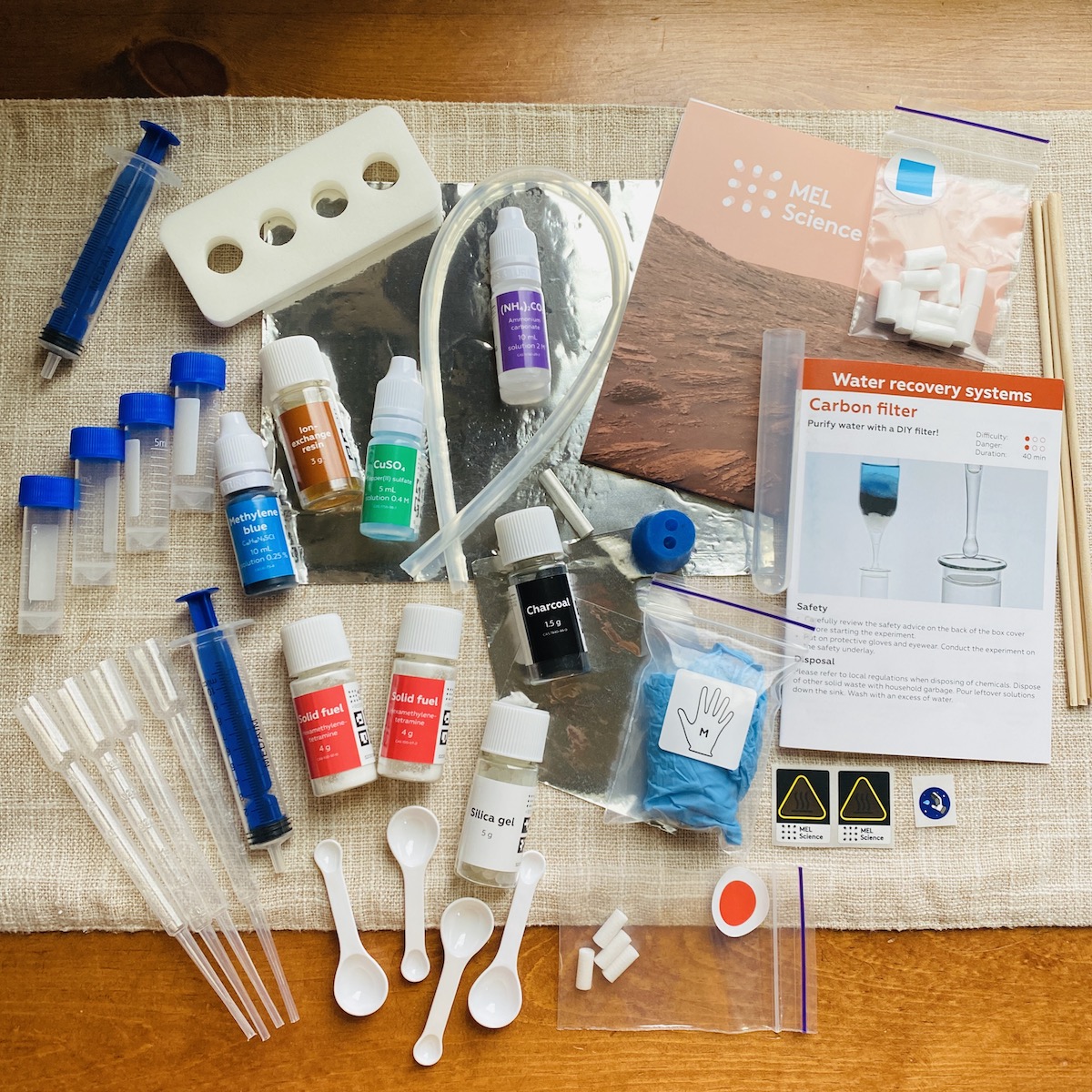
MEL Space is a monthly subscription box for kids 8-14+ who would like to learn more about space in an exciting way. Through hands-on space kits, kids can learn about topics such as gas giants, energy in space, and space rockets, while experiencing real-life applications. Each month contains a new experiment and space lesson for kids to dive into, and will contain everything they need to safely and easily complete at home.
This month we reviewed the "Water Recovery Systems" from MEL Space.
ACTIVE DEAL: FREE one-month trial. No coupon needed - just use this link.
This box was sent to us at no cost for review. (Check out our editorial guidelines to learn more about how we review boxes.)
MEL Space: Water Recovery Systems
After the last month, I never thought I'd say it but here it is: WE MADE IT TO SUMMER VACATION! Phew! After an extremely long winter and more challenges than usual, my kids have been off for three days, while I am officially done today. Does that mean unlimited TV and sleeping until 2? Absolutely not! I have spent a good chunk of time researching ways to keep my kids engaged in learning this summer, all while having fun and enjoying our break.
To help this feat, I have discovered the MEL Space subscription box, and it has become a favorite in our household. Paired with the app, we have learned so many new things, and are thrilled to see where this month's theme will take us. Read below to find out what we learned.
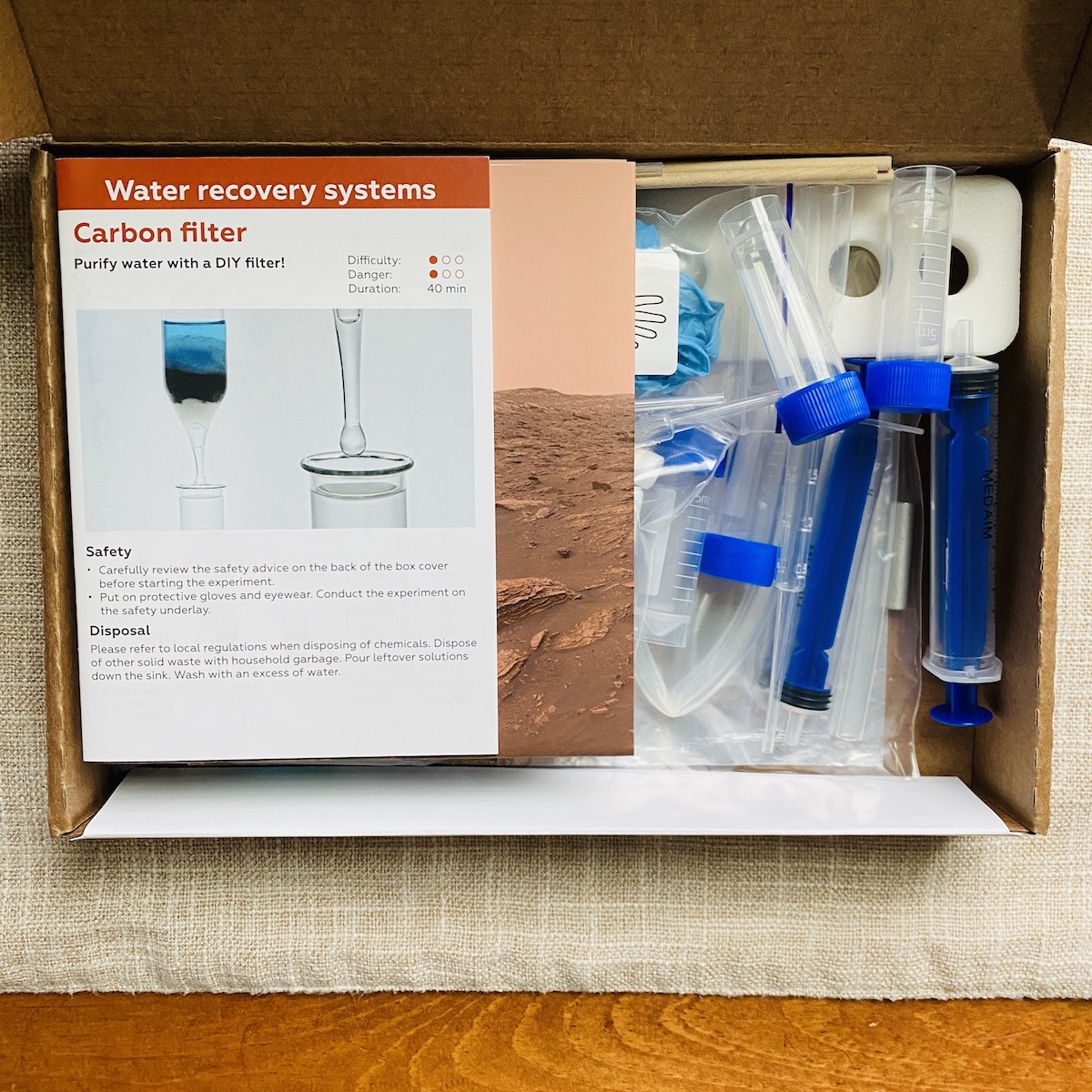
Organized neatly by project, all components are packaged in separate baggies and laid out in a really nice way. Hank was impressed with the amount of supplies, and couldn't wait to dive in!
MEL Space "Water Recovery Systems" Experiments:
Carbon Filter
Each kit comes with a booklet of instructions, and these instructions can also be accessed on the app. Hank appreciated the video piece the app instructions provided, but was also able to follow along with the booklet. Please be sure to read all safety and disposal information before starting these projects as some of them can get a little wild!
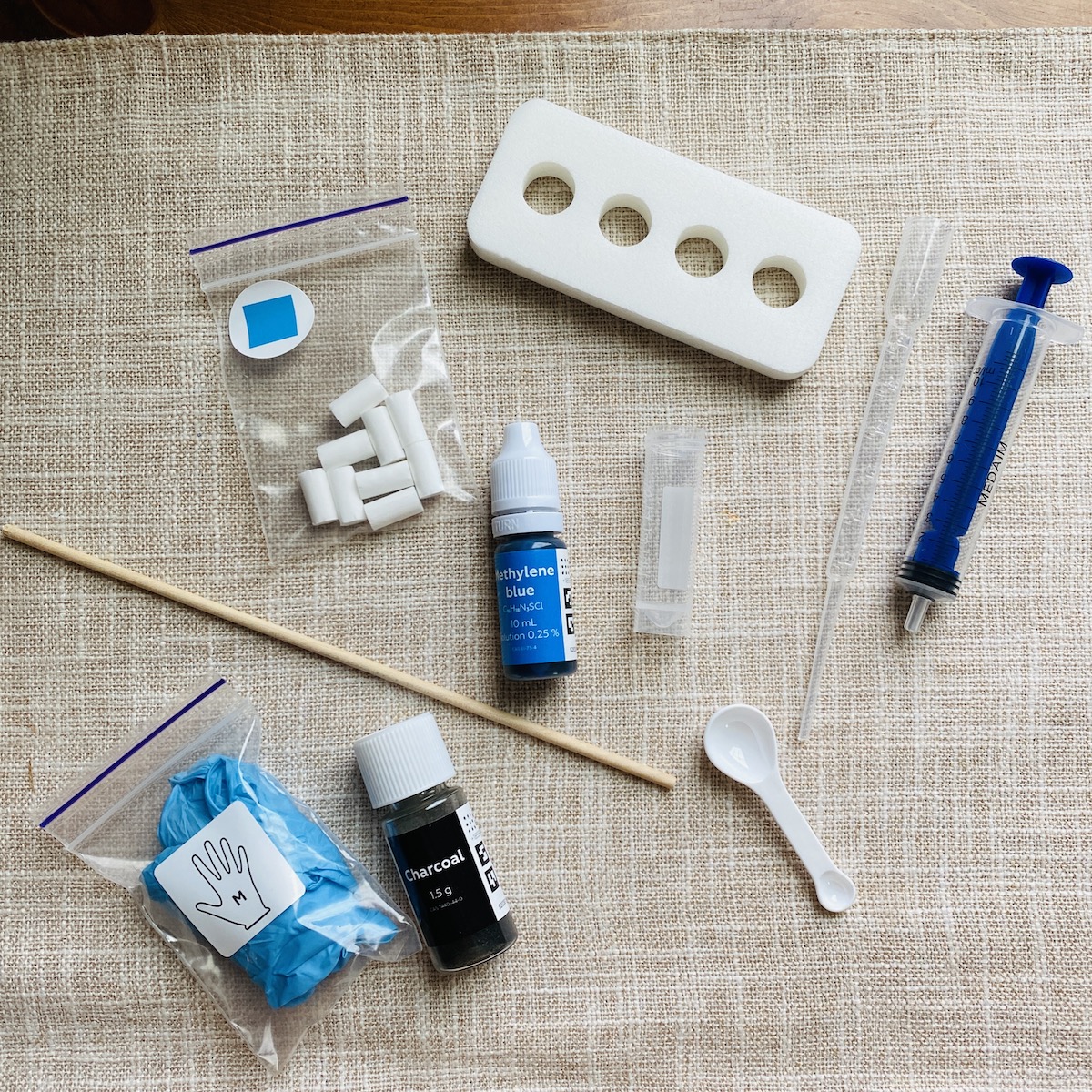
For this particular experiment, we needed 3 items from the "Chemistry Starter" box that we received upon signing up for this subscription. Included in this month's box was a filter body, wooden splint, cotton cylinders, plastic vial, vial stand, measuring syringe, gloves, charcoal, Methylene blue, and a double-ended measuring spoon. All items are high quality and labelled for ease of use.
The first experiment Hank performed was one in which he purified water with a DIY filter. Suggested time for this project was 20 minutes, and the difficulty and danger rating was minimal. After Hank organized the necessary materials, he assembled his charcoal filter by using the filter body, cotton cylinders, and charcoal. After placing this filter in the test tube stand, he created an organic pollutant using water and methylene blue. We then watched the filter adsorb the organic pollutant, and the purified water filled the vial. While the included booklet doesn't contain the scientific description for this experiment, the app does, and it is quite interesting. The methylene blue has a similar structure to pollutants, so it was a good substance for testing filters, these particles with this structure readily "stick" to the charcoal surface while letting the water molecules pass through easily. The carbon filter deals with many organic pollutants well, but can't do much with some other harmful substances like heavy metal ions, so this leads us up to the next experiment. Hank enjoyed this short experiment and was impressed at how well this filter cleared out the blue coloring!
Ion-Exchange Resin
The next experiment was rated 2 for difficult and 1 for danger, this experiment also had a 20 minute time duration. As I mentioned above, the charcoal filter is unable to filter harmful heavy metal ions, so this time Hank was able to create an ion-exchange resin to purify water of heavy metals!
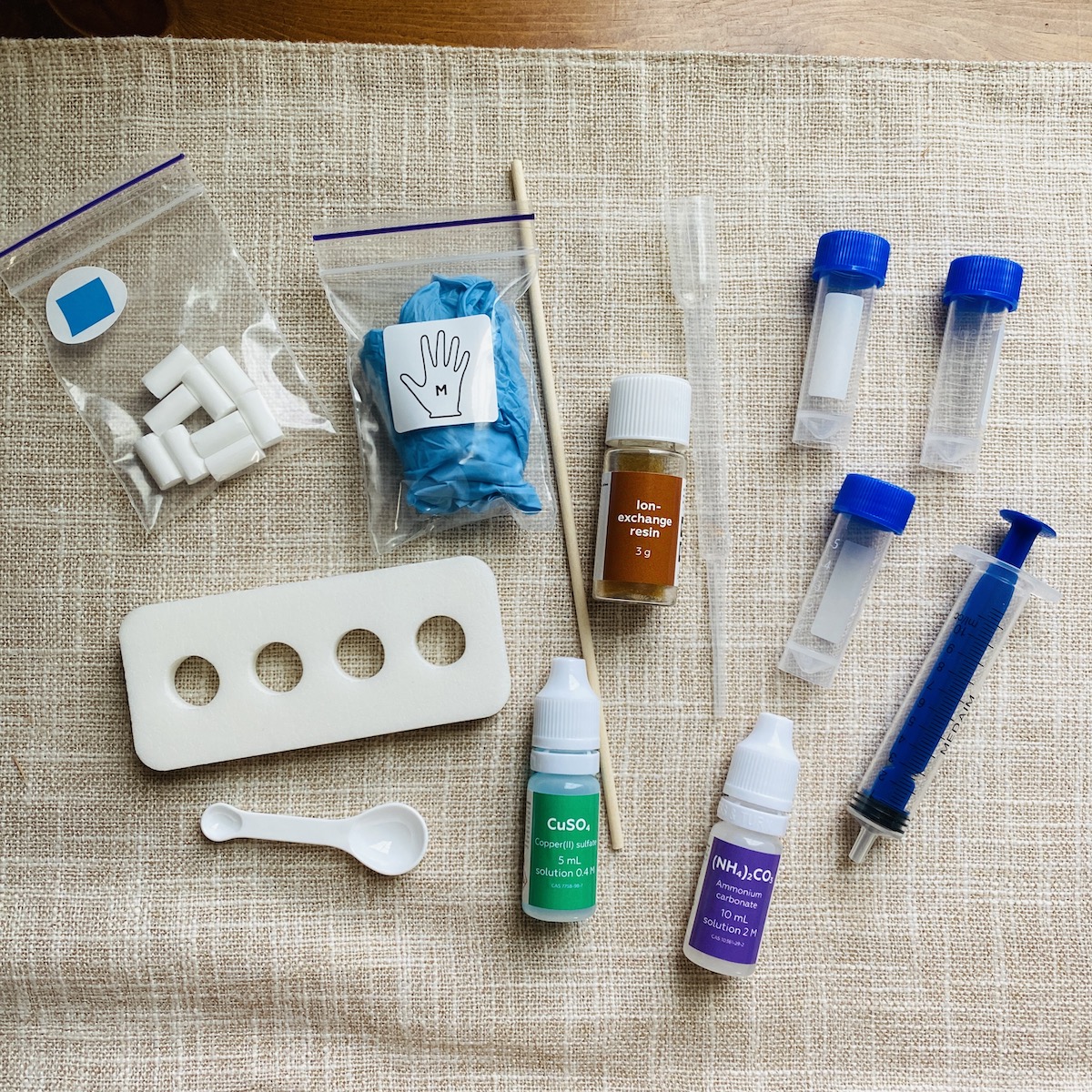
For this experiment we needed the safety underlay, safety glasses, and plastic cup from the "Chemistry Starter" set. In this particular kit we received a filter body, wooden splint, cotton cylinders, plastic vials, vial stand, measuring syringe, gloves, Ion-exchange resin, CuSO4, (NH4)2CO3, and a double ended measuring spoon. Everything was labelled nicely, and all parts were easy to find.
In this experiment Hank prepared a filter made of ion-exchange resin similarly to the charcoal filter process. After placing it in the test tube stand, he contaminated water using the copper sulfate which acted as the heavy metal. Pouring some of the tainted water in the first vial, we were able to later assess the effectiveness of the filter. Because the solution in the second vial didn't turn blue, our filter succeeded! Cool! Again, there is a scientific description on the app that explains the exact process and how it works. Hank was really intrigued by each step and loved watching the different reactions. What a great way to start summer vacation!
Distillation
For the moment we've all been waiting for! The last project this month was rated 2 for difficulty and 3 for danger. Allocate at least 40 minutes for this project, and get ready for some excitement!
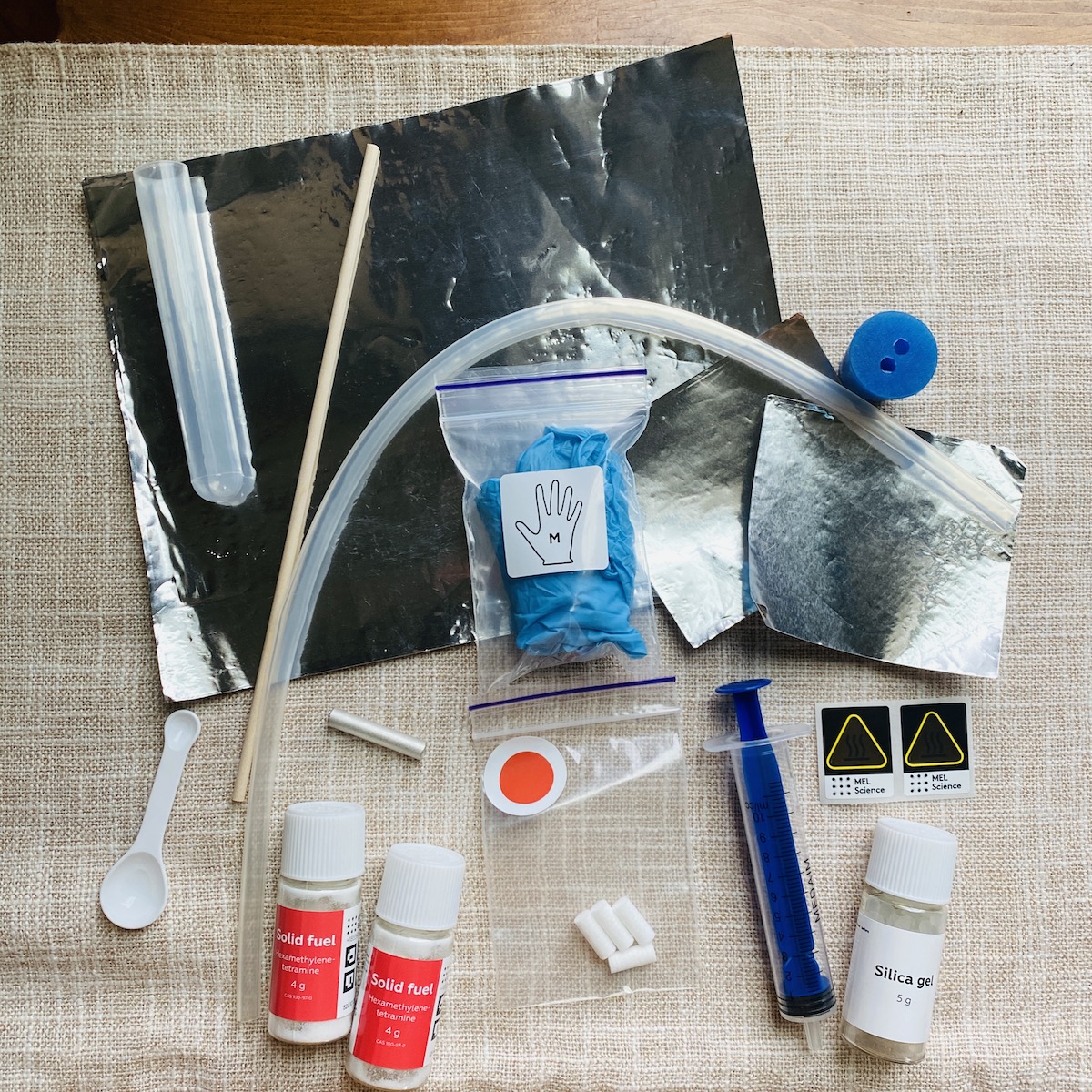
Because we are purifying water by evaporating and re-condensing it, we needed quite a few supplies. From the "Chemistry Starter" kit we needed the safety underlay, glass beaker, flask, pocket stove, flame diffuser, funnel, and safety glasses. From the "Water Recovery Systems" box, we needed the large piece of aluminum foil, smaller foil pieces, rubber stopper, metal cylinder, silicone tube, cotton cylinder, measuring syringe, plastic test tube, wooden splint, gloves, thermochromic sticker, double-ended measuring spoon, solid fuel, methylene blue, and silica gel.
Hank was pumped to get to use the pocket stove, and because I took a peek at how this process works, felt it was better for us to do this indoors as it was pretty windy outside. To start this process, Hank assembled the stove and laid out the aluminum foil to protect our work surfaces from heat. He then added the solid fuel and retrieved ice water for the beaker. Measuring 15mL of water into the flask, Hank then added methylene blue to simulate impurities. Silica gel was then added to help bubbles form, and the silicone tubing was assembled. To keep the condensed water from being sucked back into the flask, Hank had to give the flask access to air, which is where the stopper with two holes came in. The cotton cylinder slowed the passage of vapor through the free hole. Once Hank reached this point, it was go time.
With everything assembled according the instructions, Hank lit the wooden splint and placed it on the solid fuel. It took off and in a very short time the flask started boiling. The distillation process started taking place, and the steam was rolling. Methylene blue's boiling point, like most impurities, is significantly higher than water's, so it remains in the flask even as the test tube is filled with transparent water. Magic!!
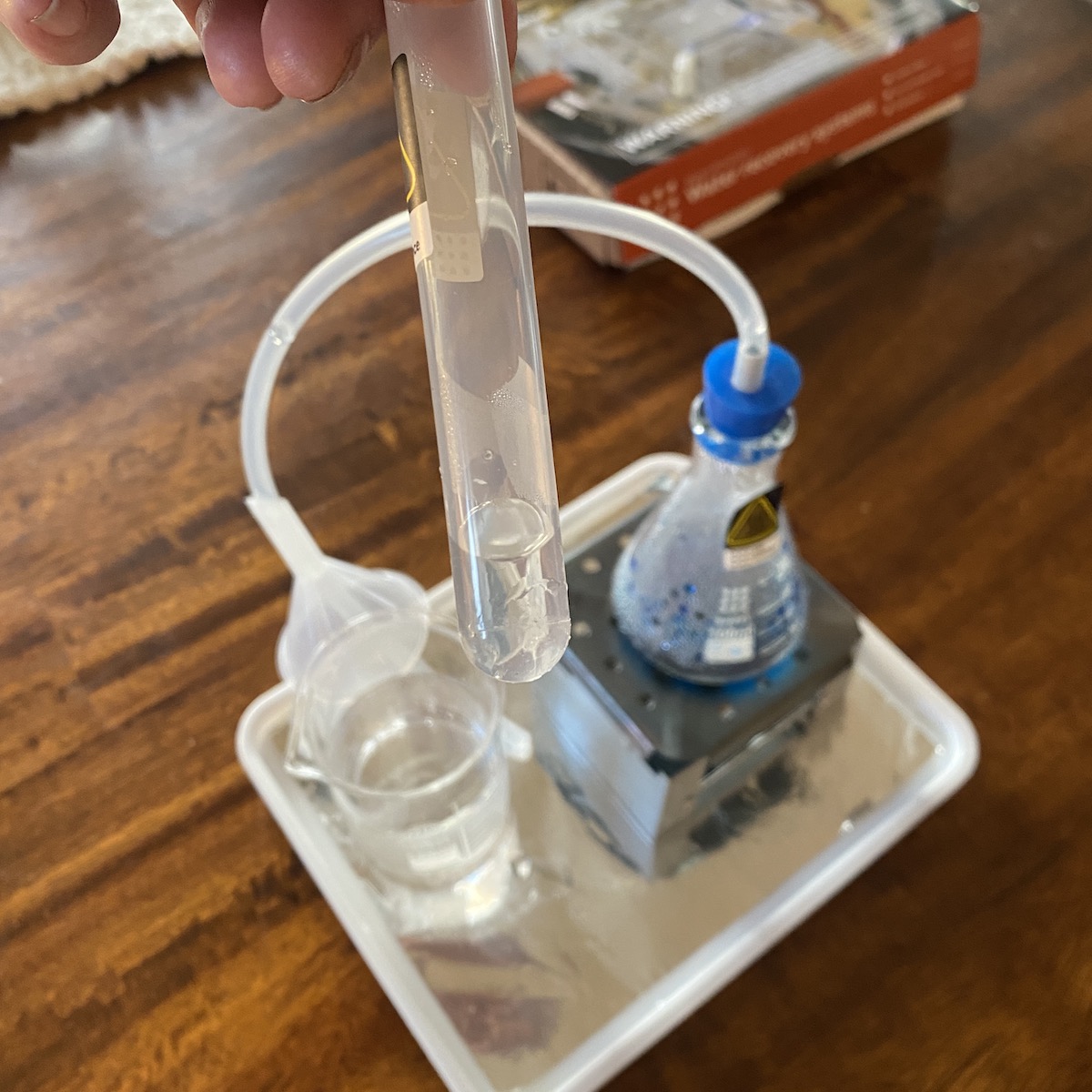
Check out that clear water! What an exciting experiment, and definitely Hank's favorite. We sure love this subscription!
Poster
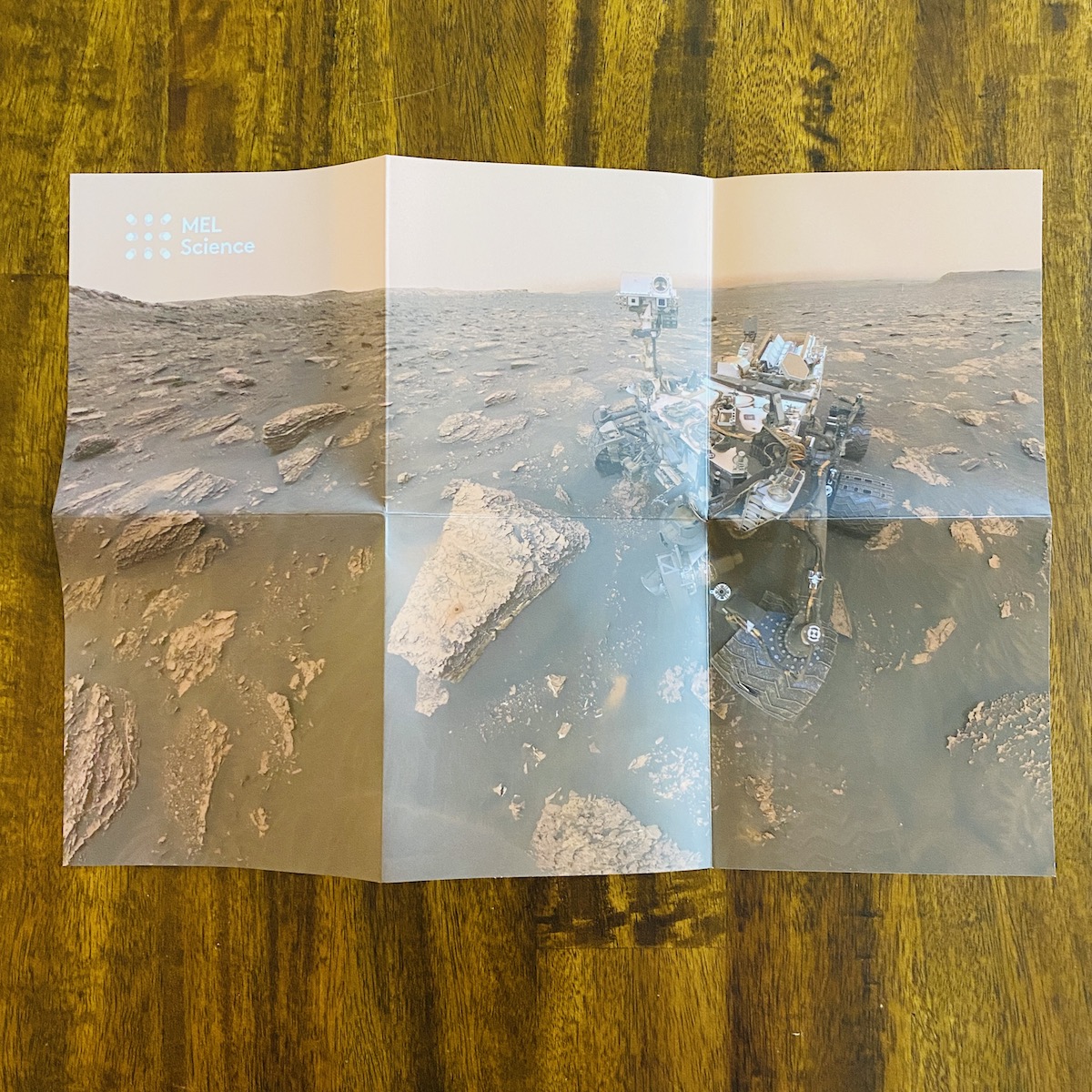
As a token of remembrance for this ultra cool box, we also received a poster of this rover! Neat!
Final Thoughts - Was This Box Worth It?
Yes! The Water Recovery Systems box was amazing. With three ultra cool experiments, Hank not only learned a bunch about water recovery systems, but I did too. We had a wonderful time creating various filters and learning about the distillation process, with all of our experiments going exactly according to plan. These experiments are definitely not ones that are being done in the classroom, so this is extremely above par, and fits in perfect with my "summer school" curriculum. This subscription is a great fit for my family and a fun project for us to experience together, all while learning about science.
I also want to note that there are always additional experiments that you can do online with these boxes if your child is so inclined. I have downloaded the app and have found a ton of extra experiments, awards, AR and VR opportunities and more! Check it out!
To Wrap Up:
The Cost: $39.90
ACTIVE DEAL: FREE one-month trial. No coupon needed - just use this link.
Can you still get this box if you sign up today? Yes, this box is still available. From MEL Space:
"Your first package will arrive within 2 weeks of registration. Subsequent monthly packages will be delivered within 2 weeks of each monthly charge."
What do you think of MEL Space? Let us know below!

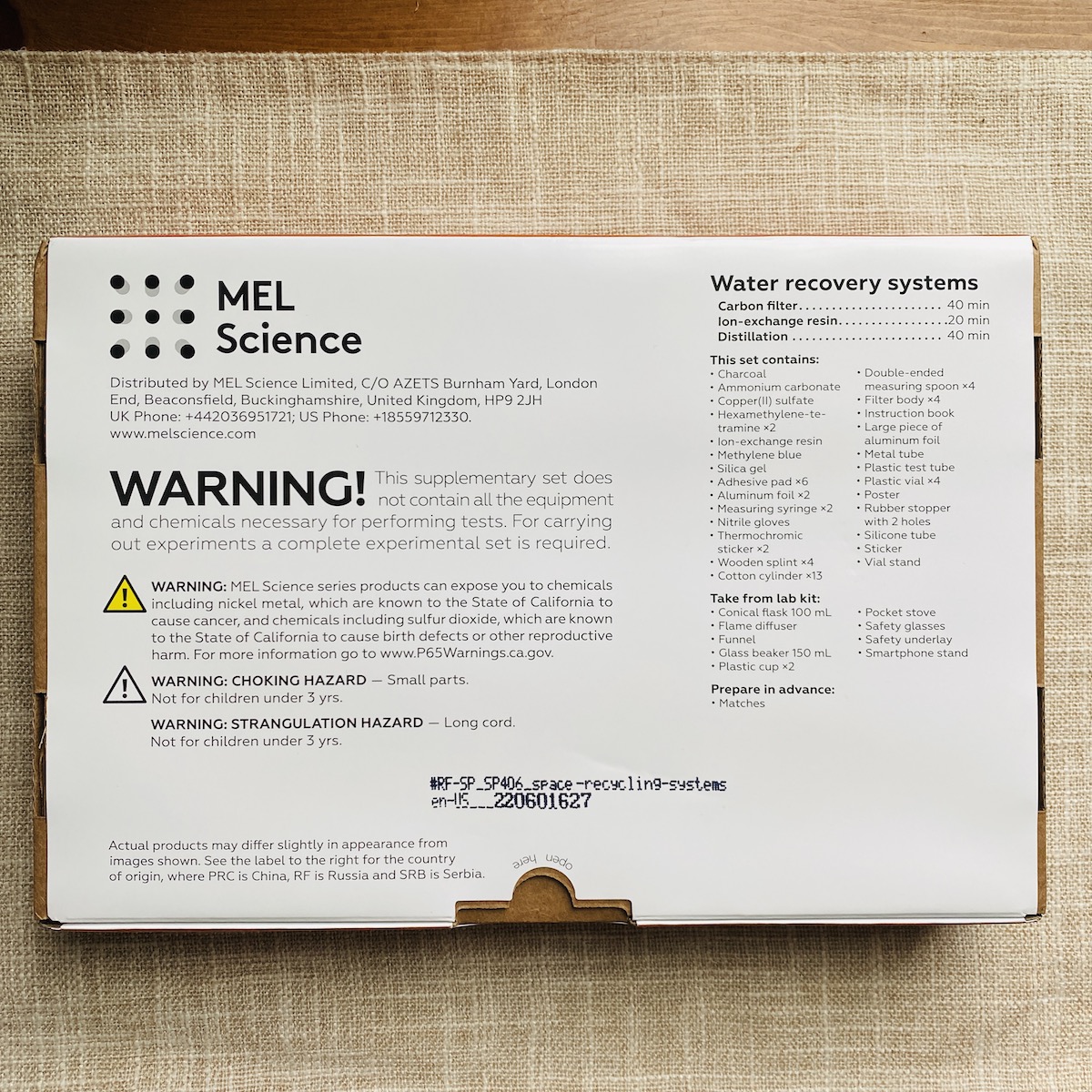
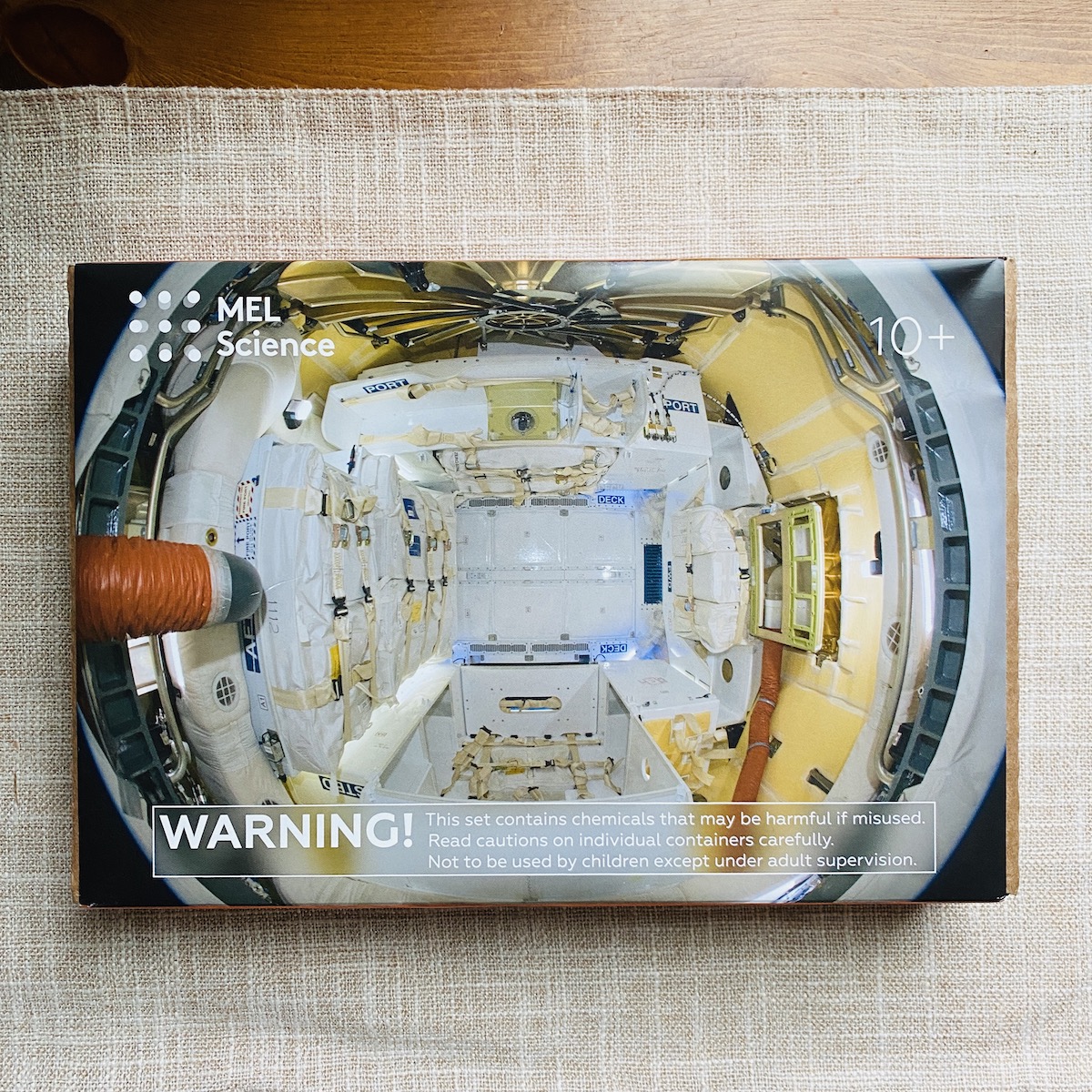
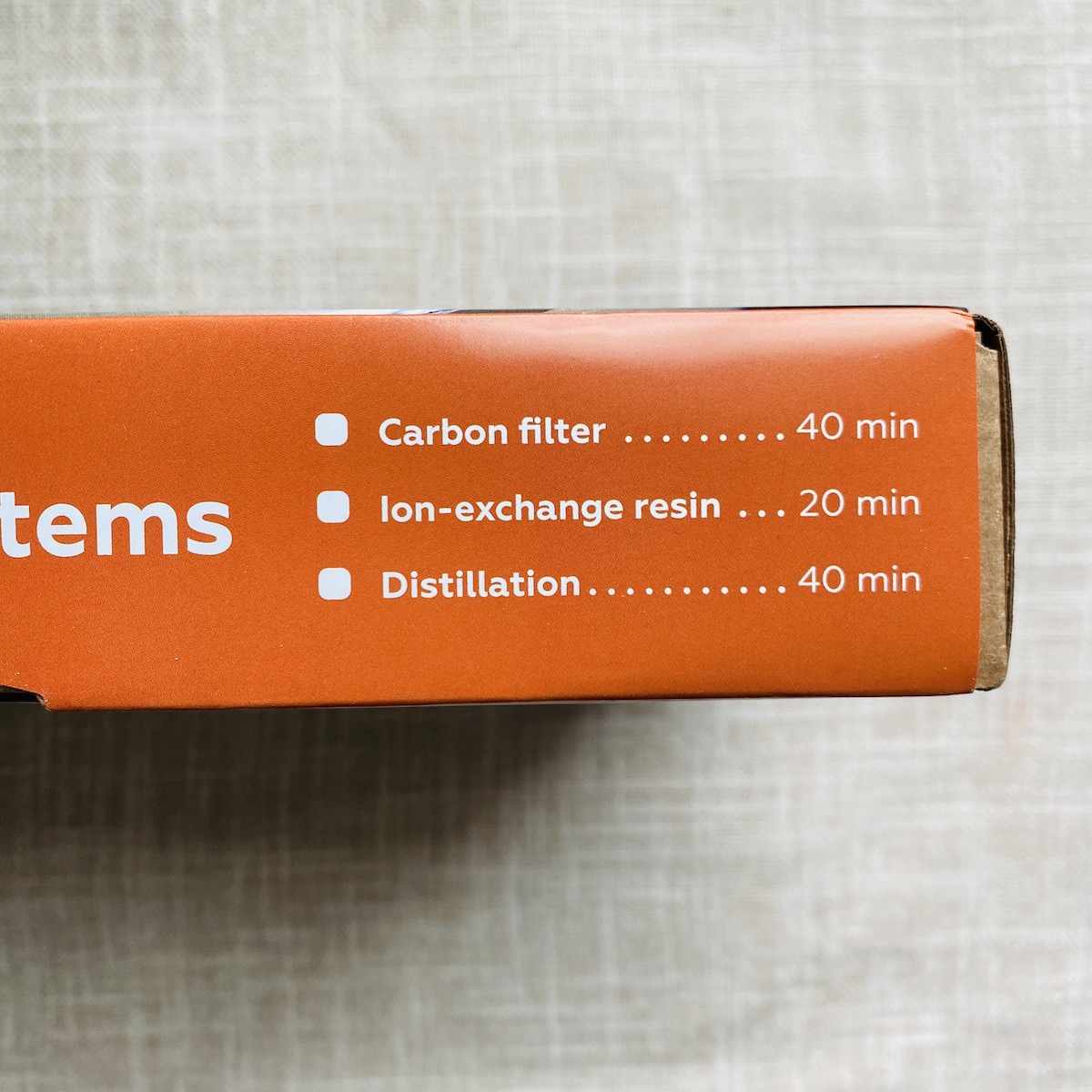
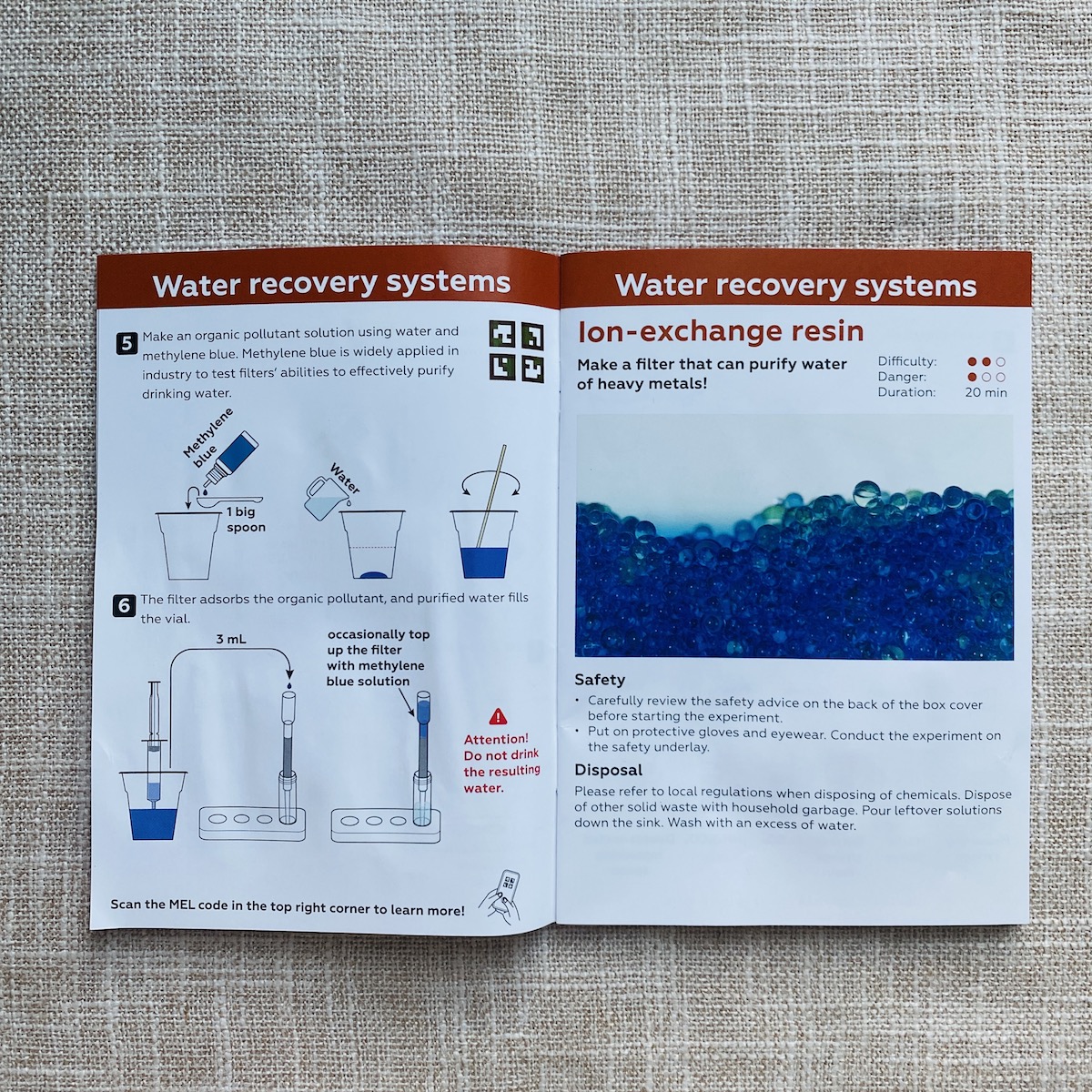
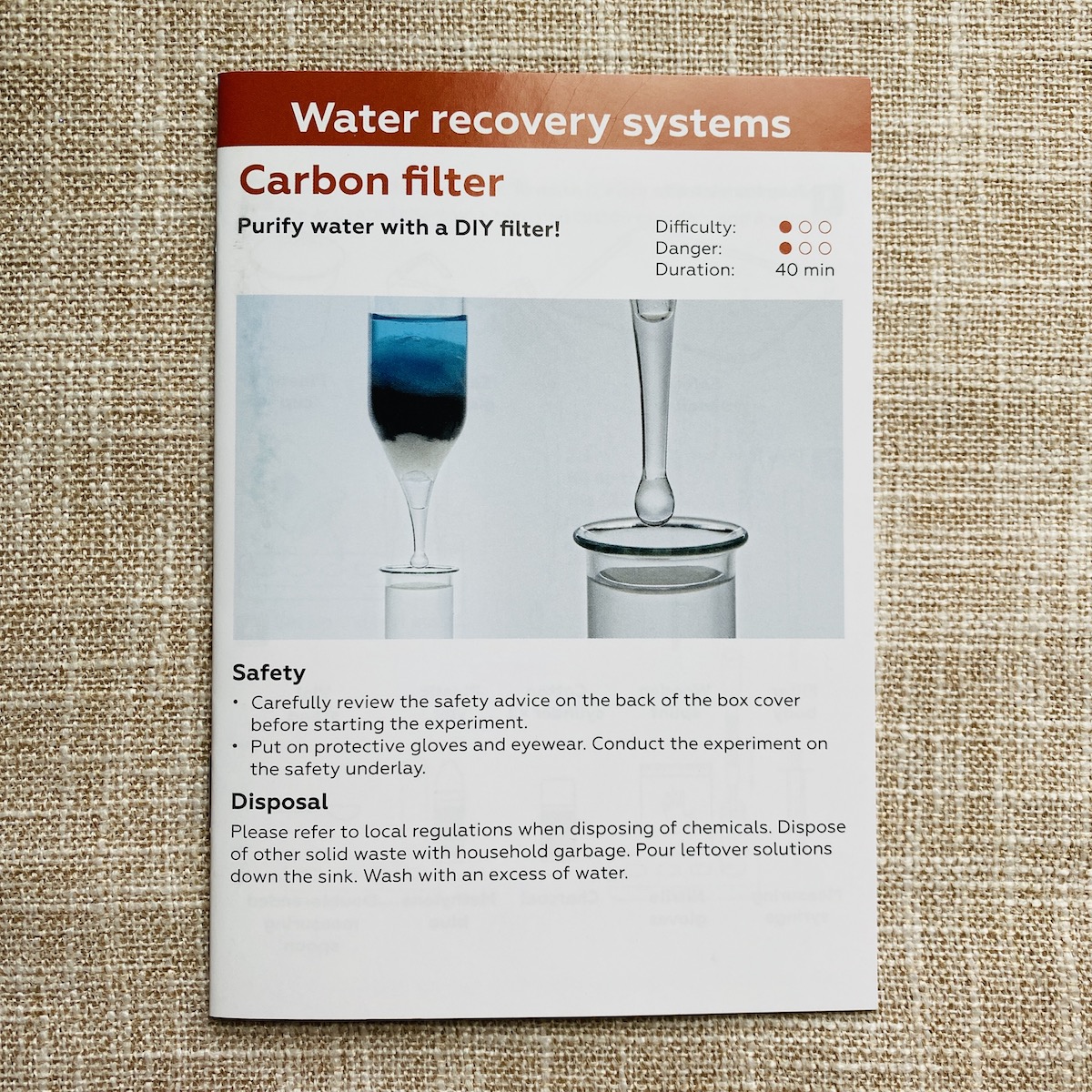
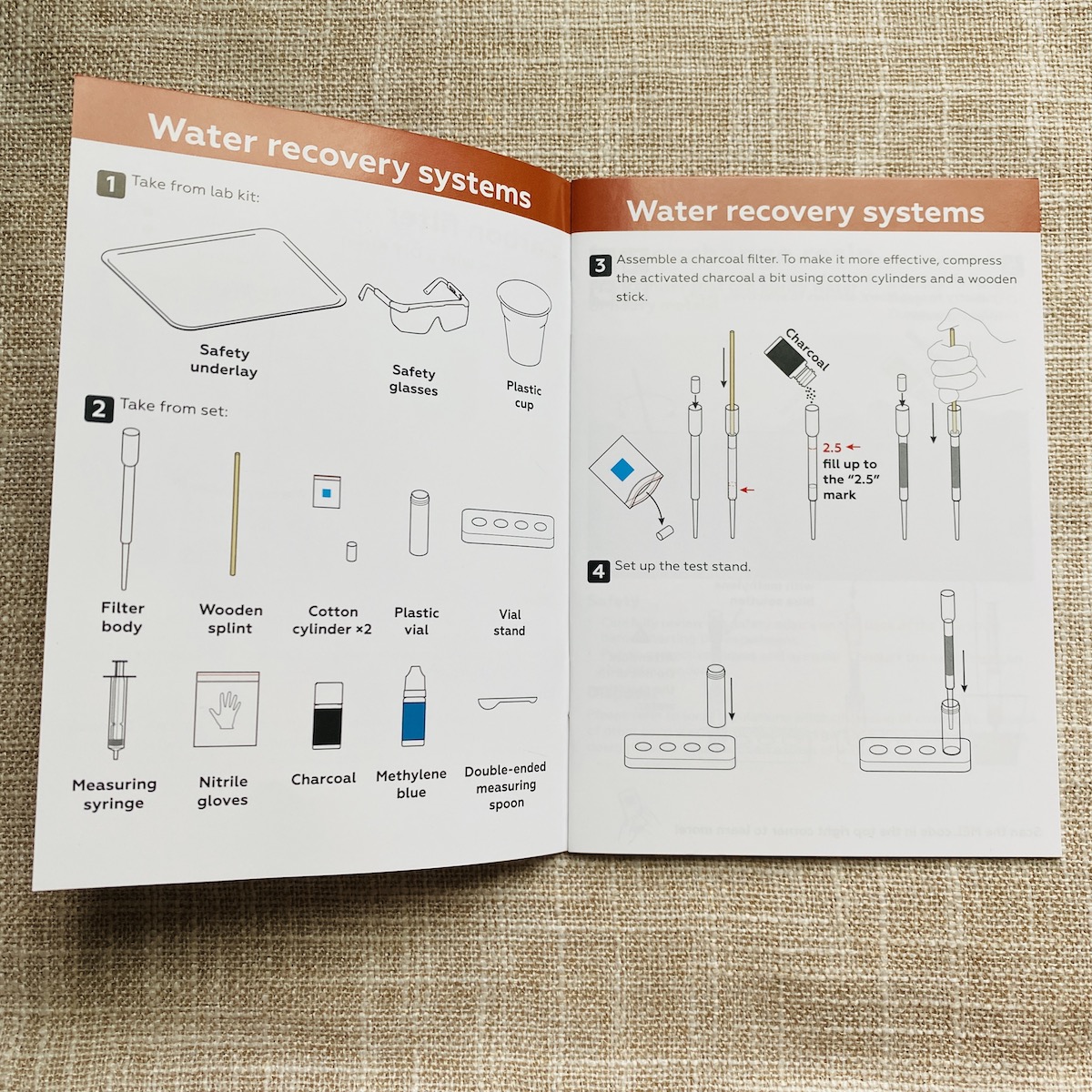
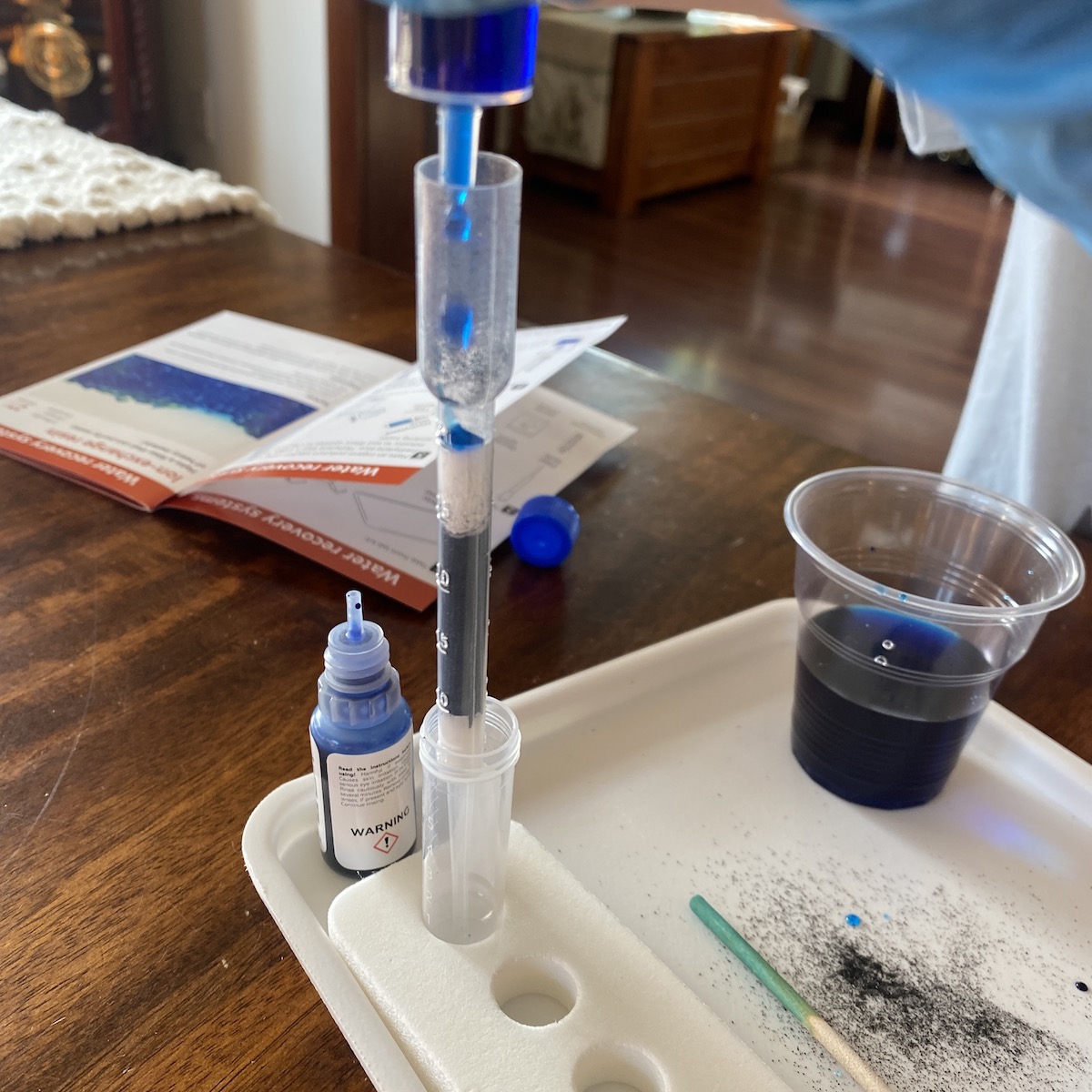
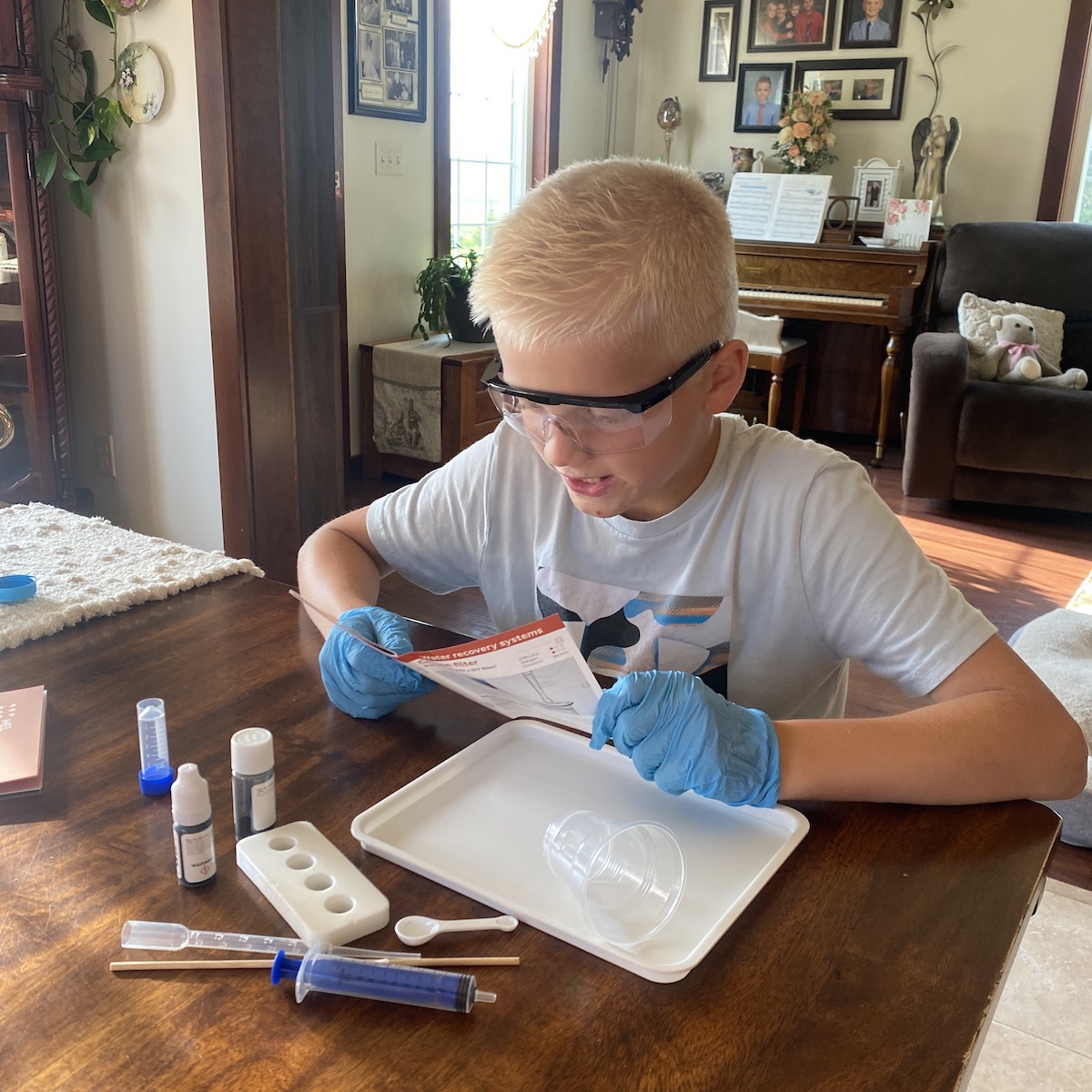
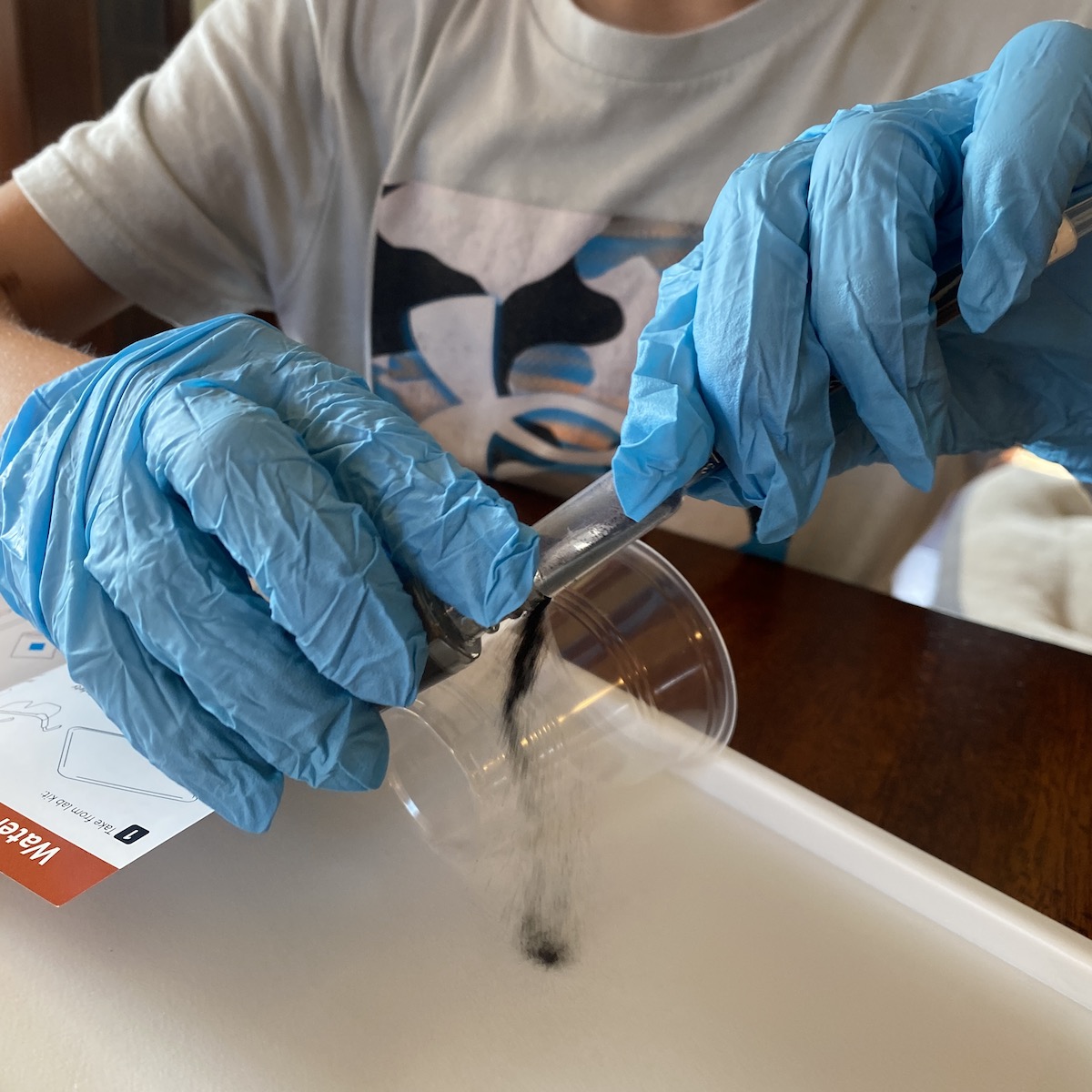
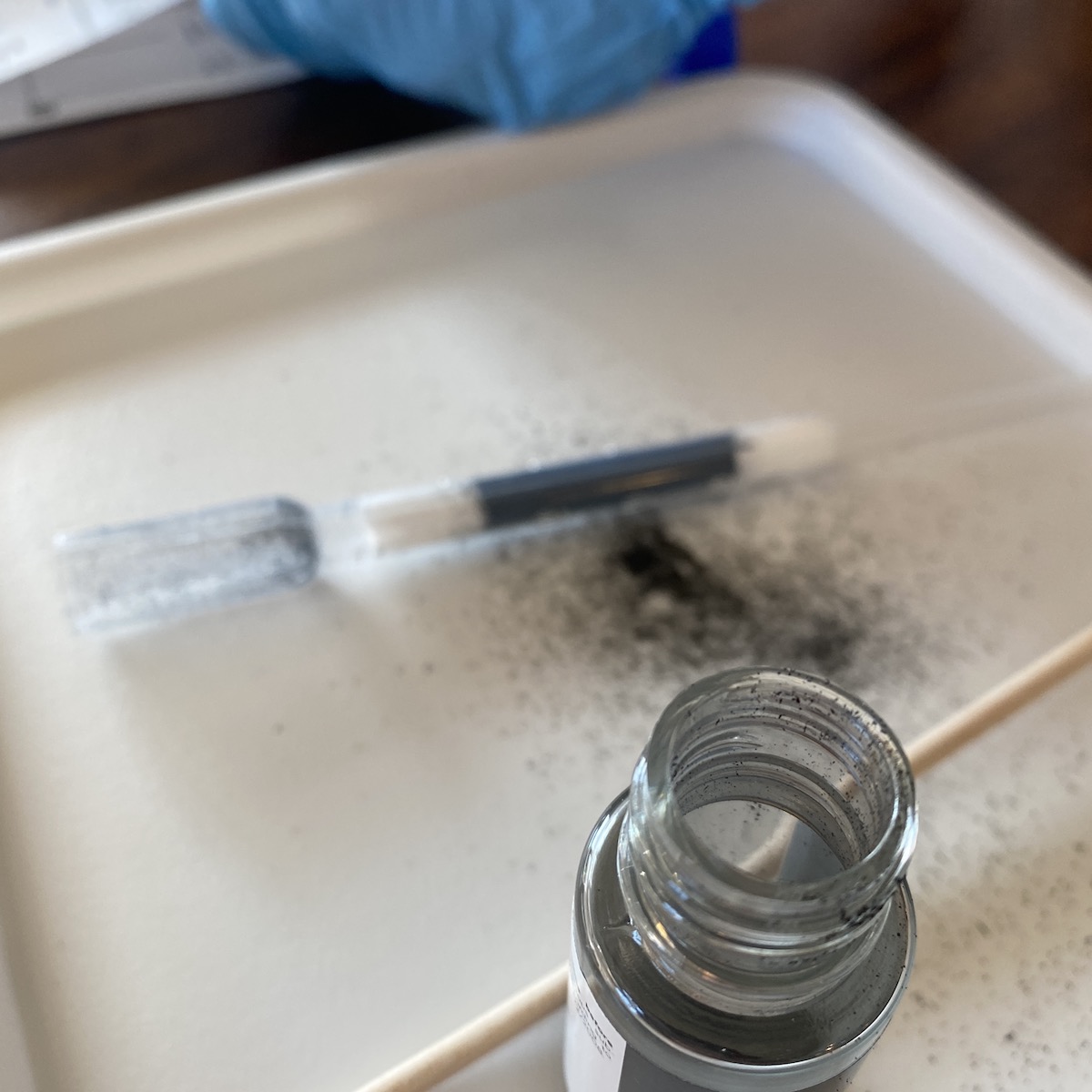
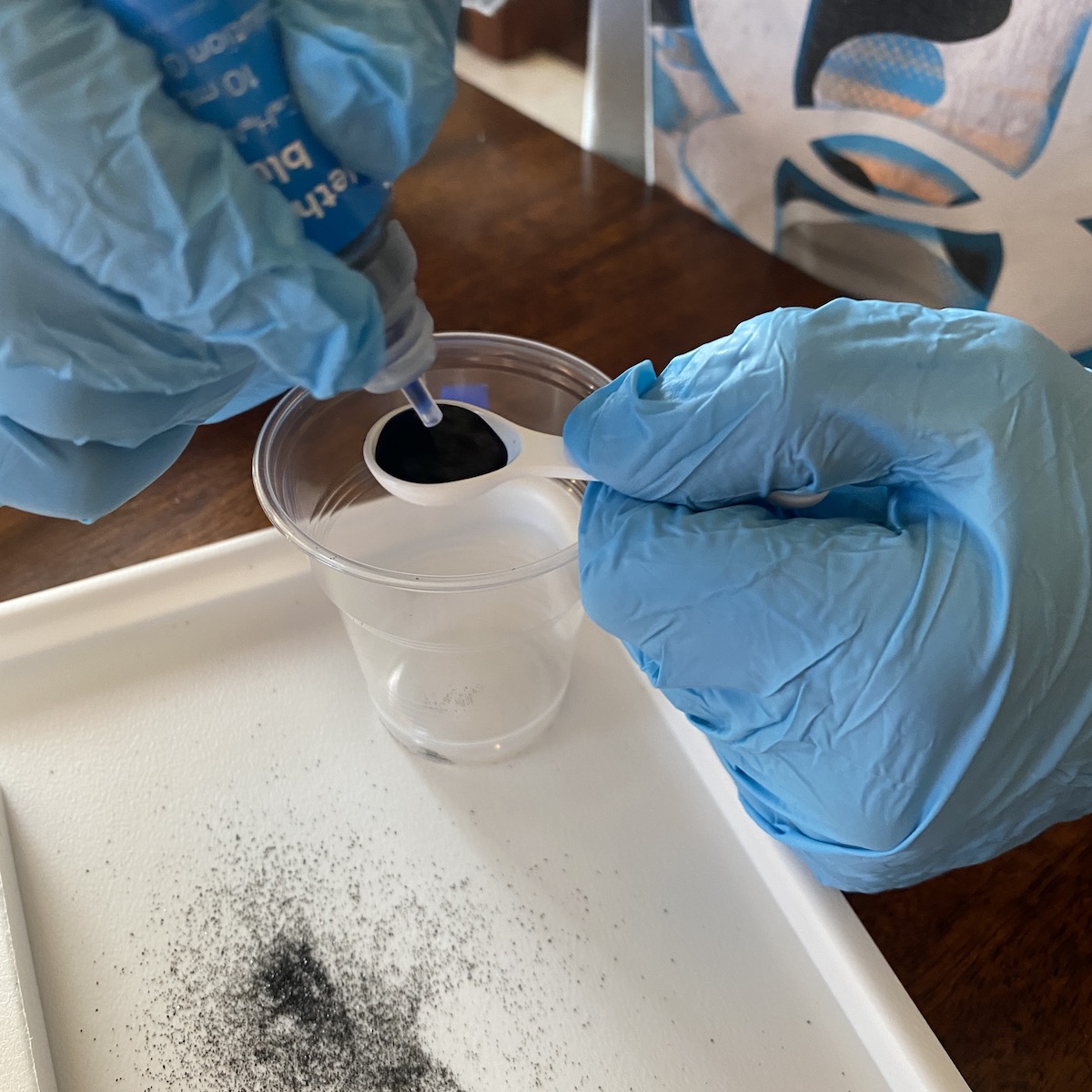
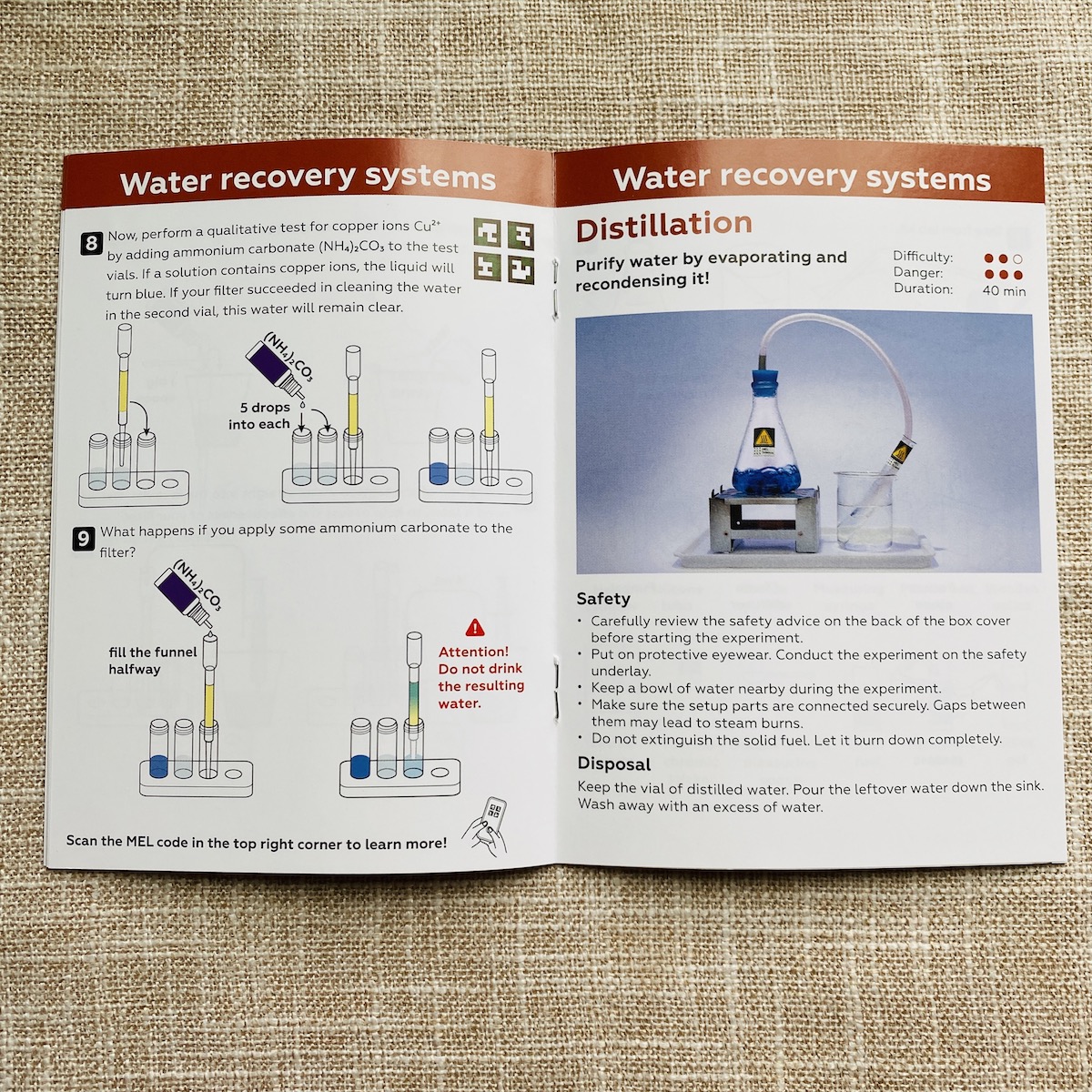
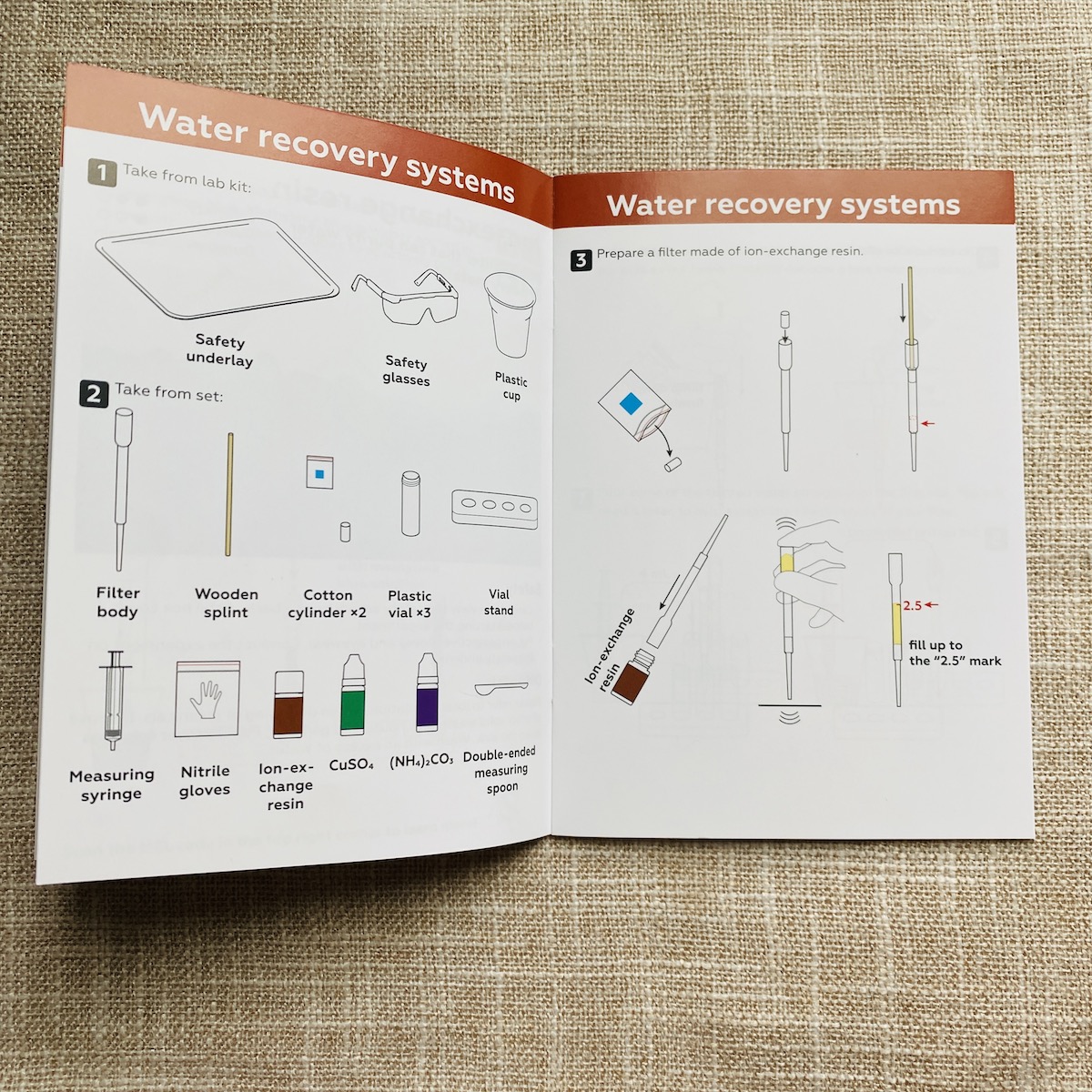
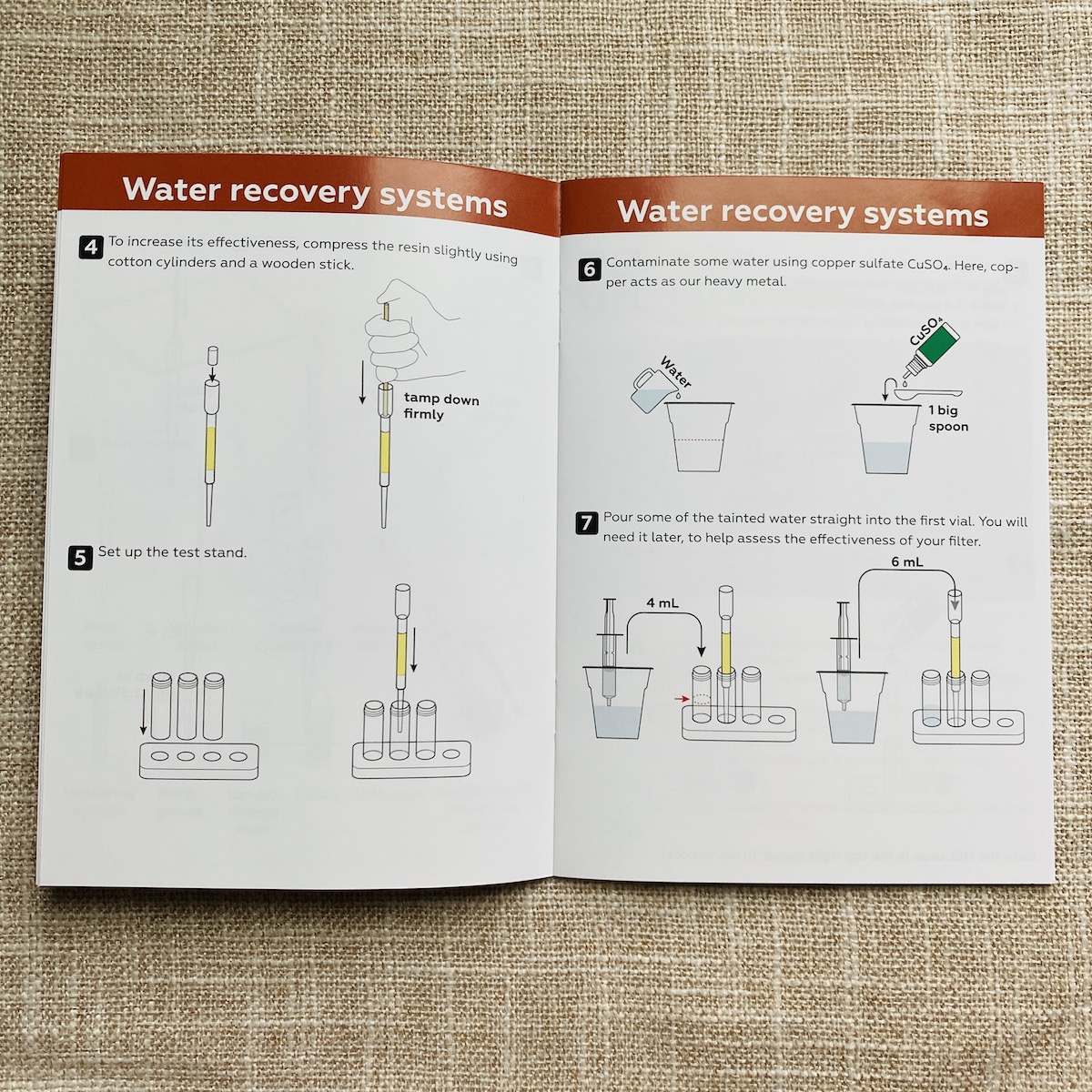
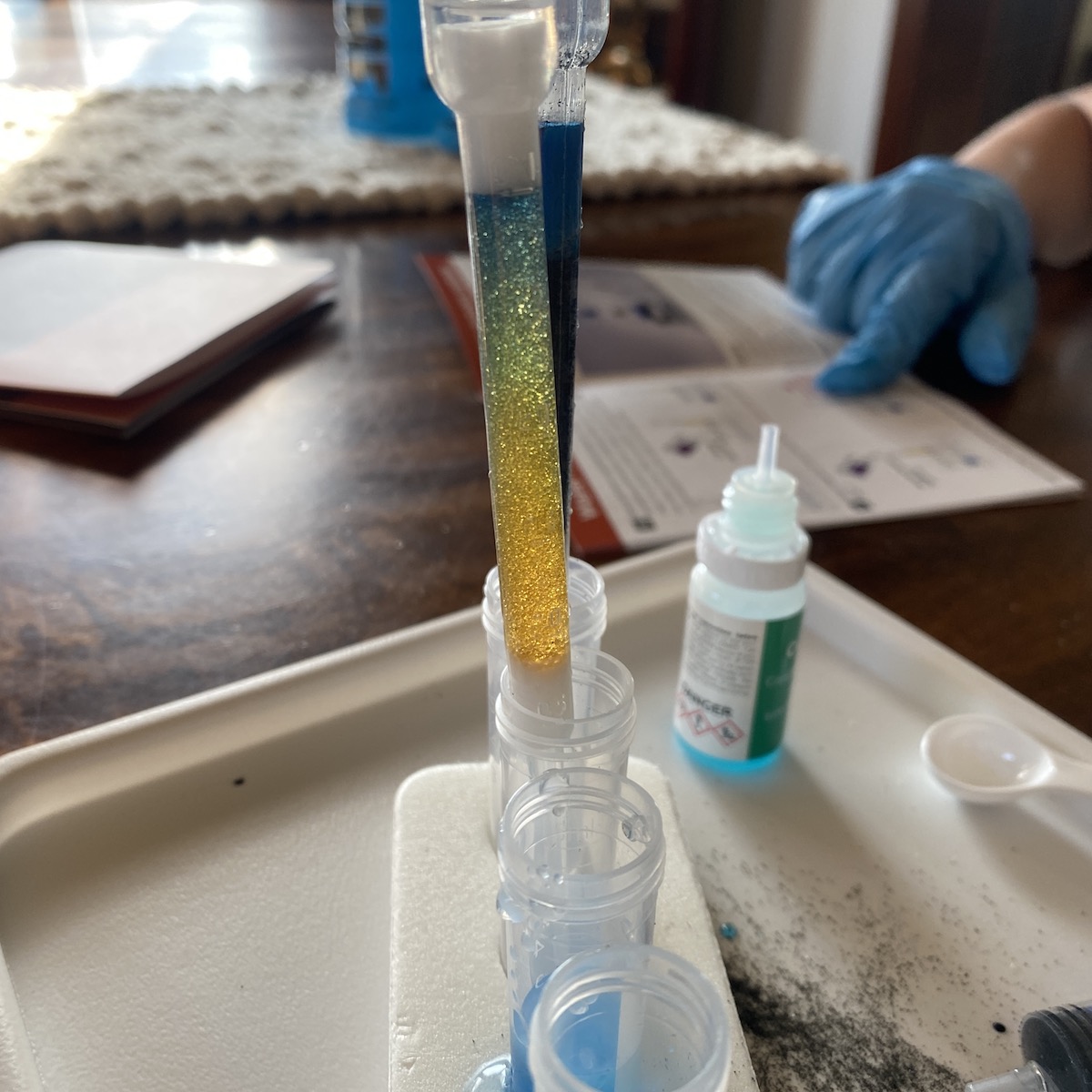
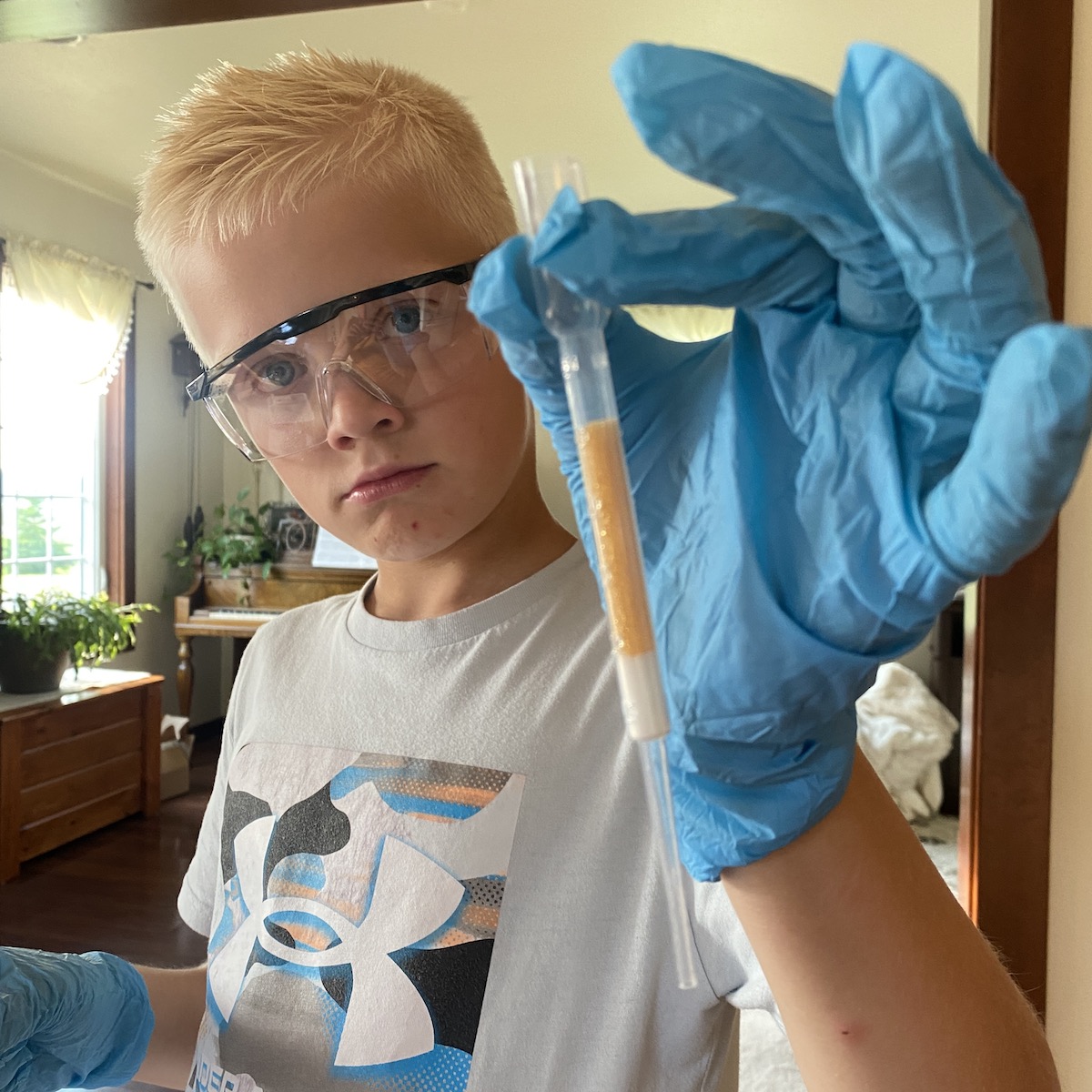
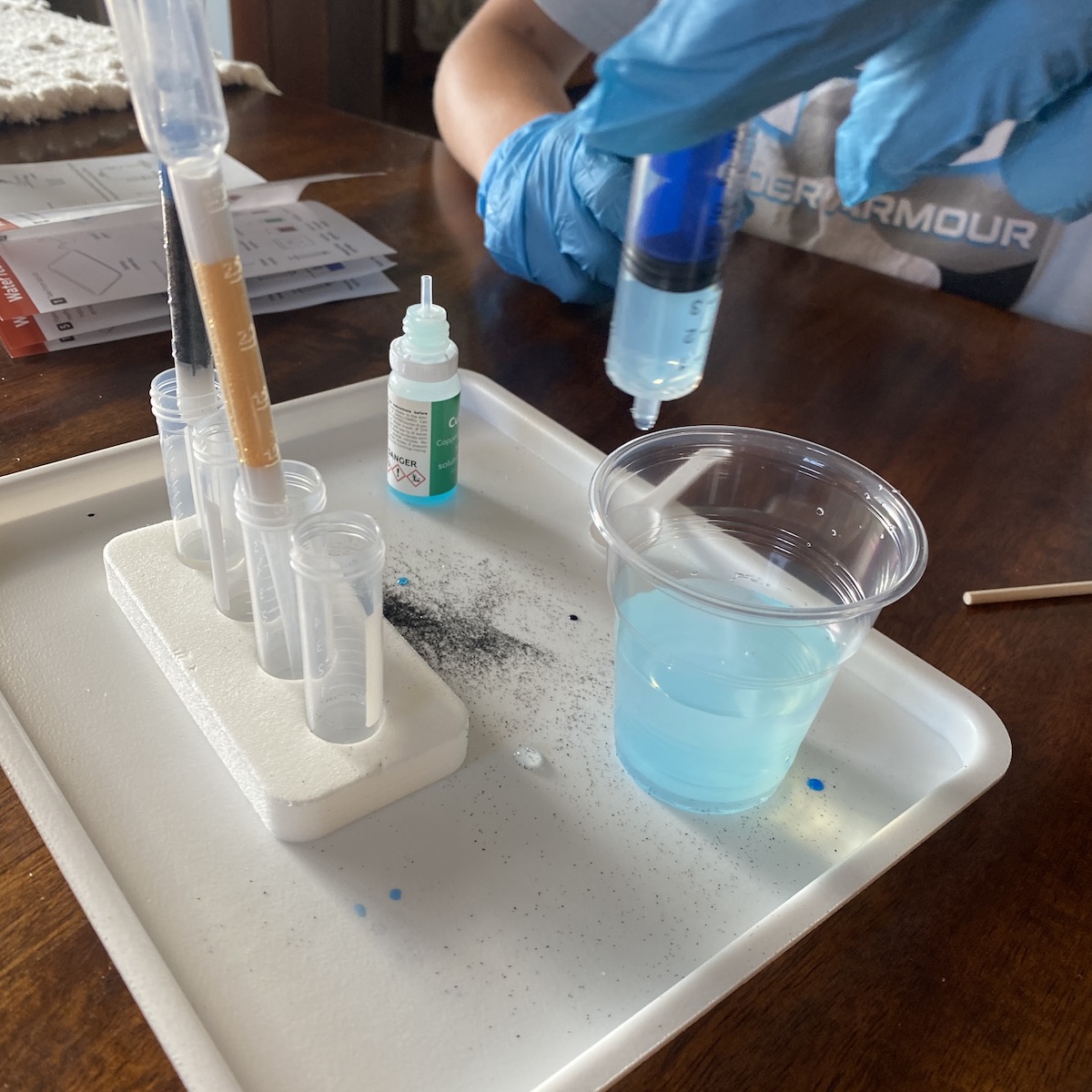
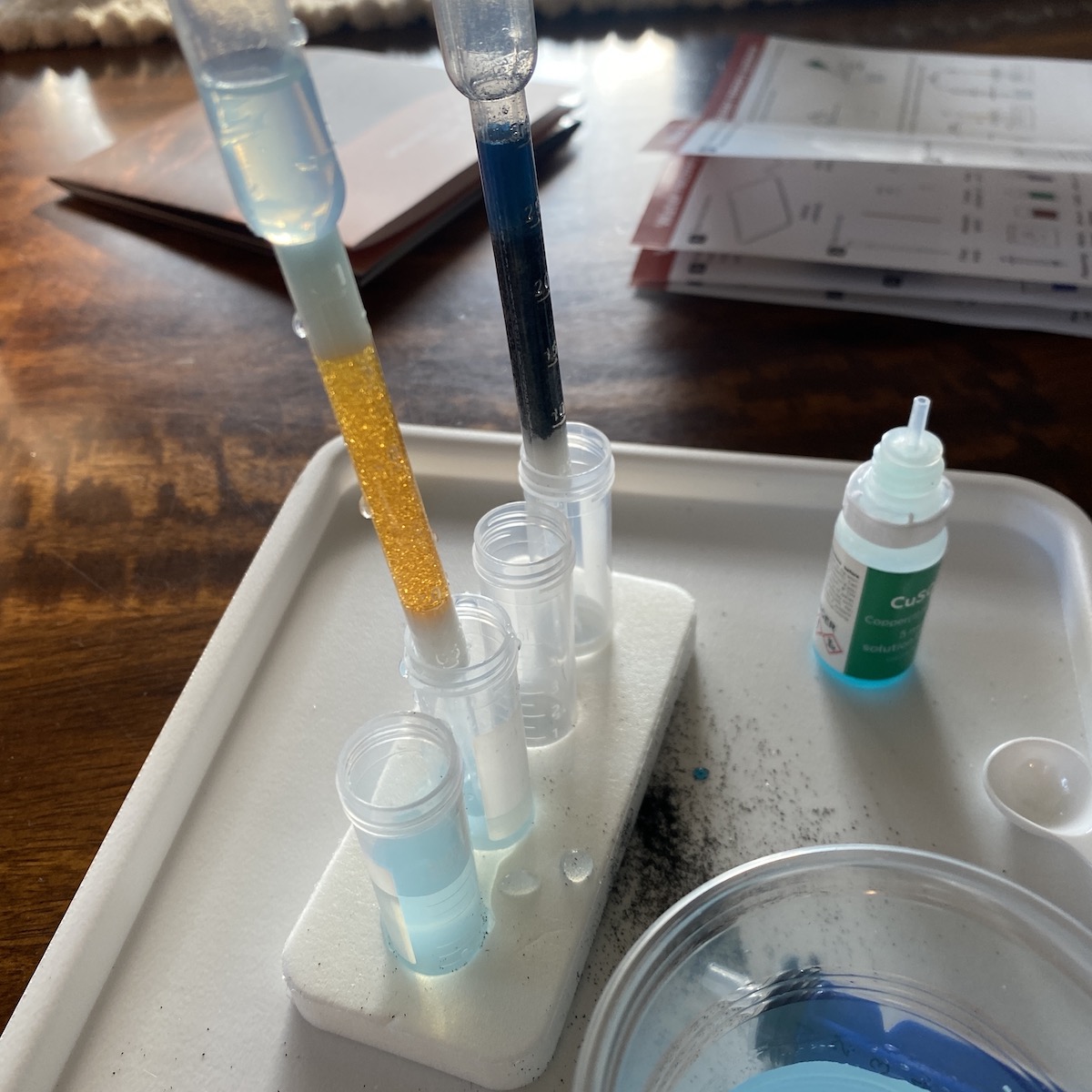
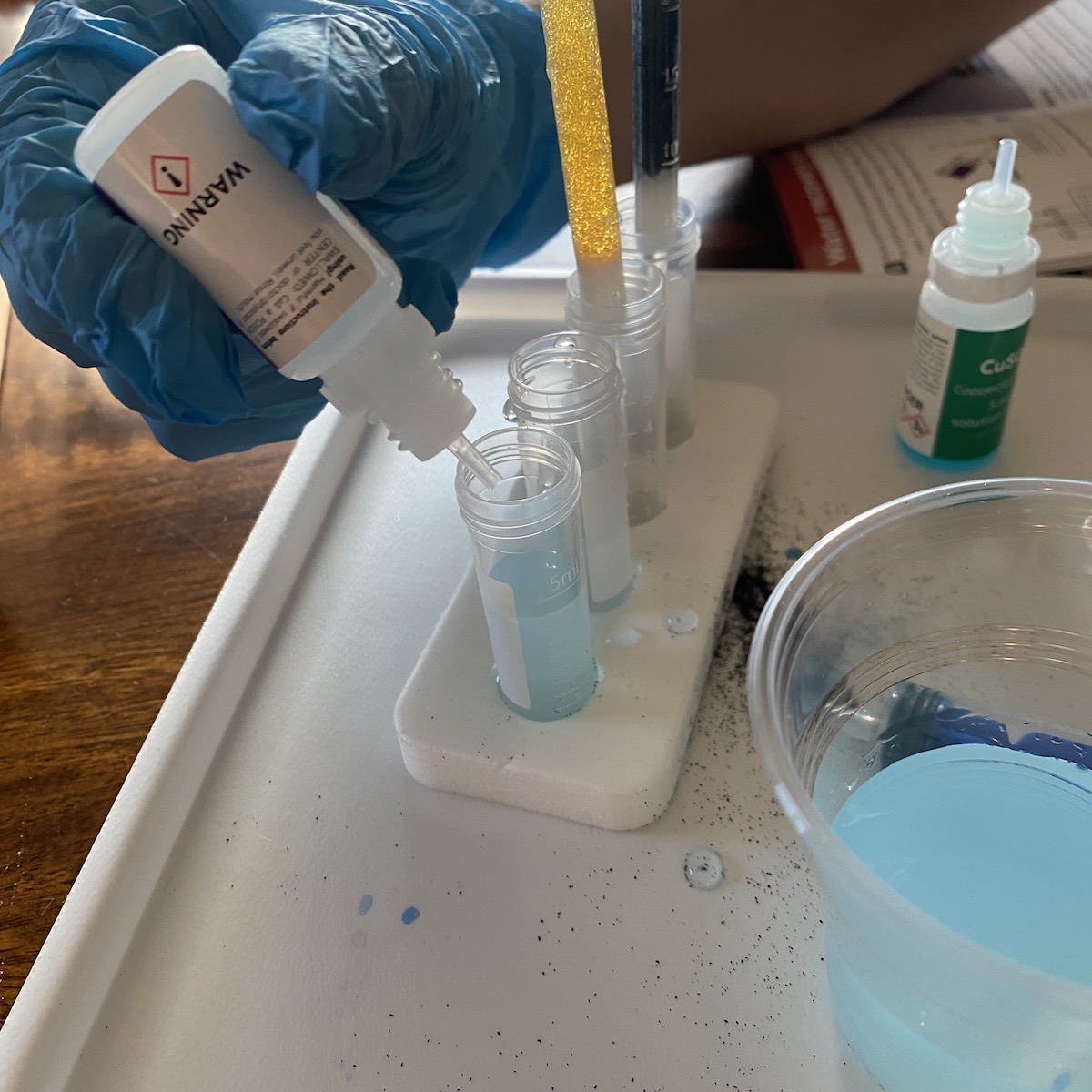
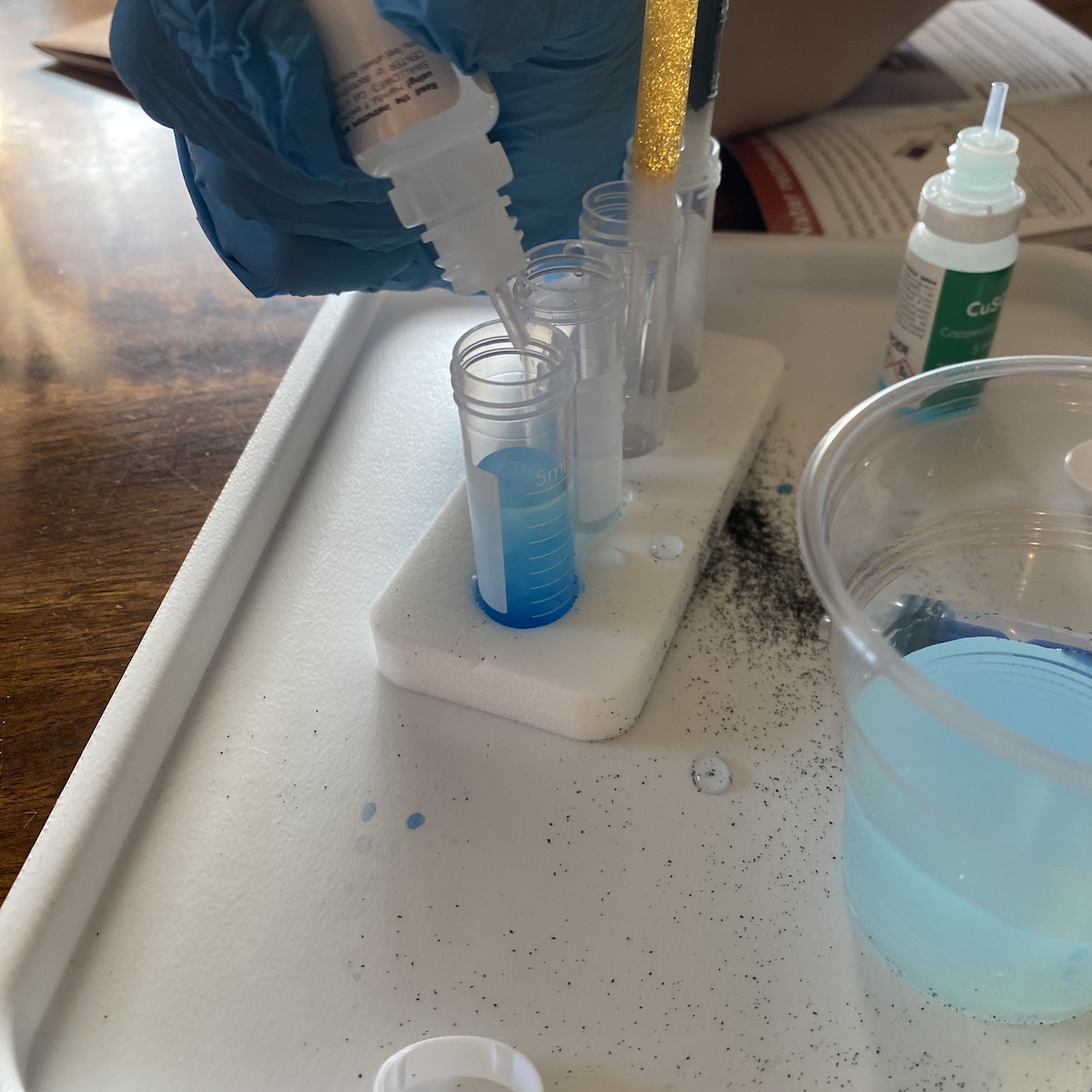
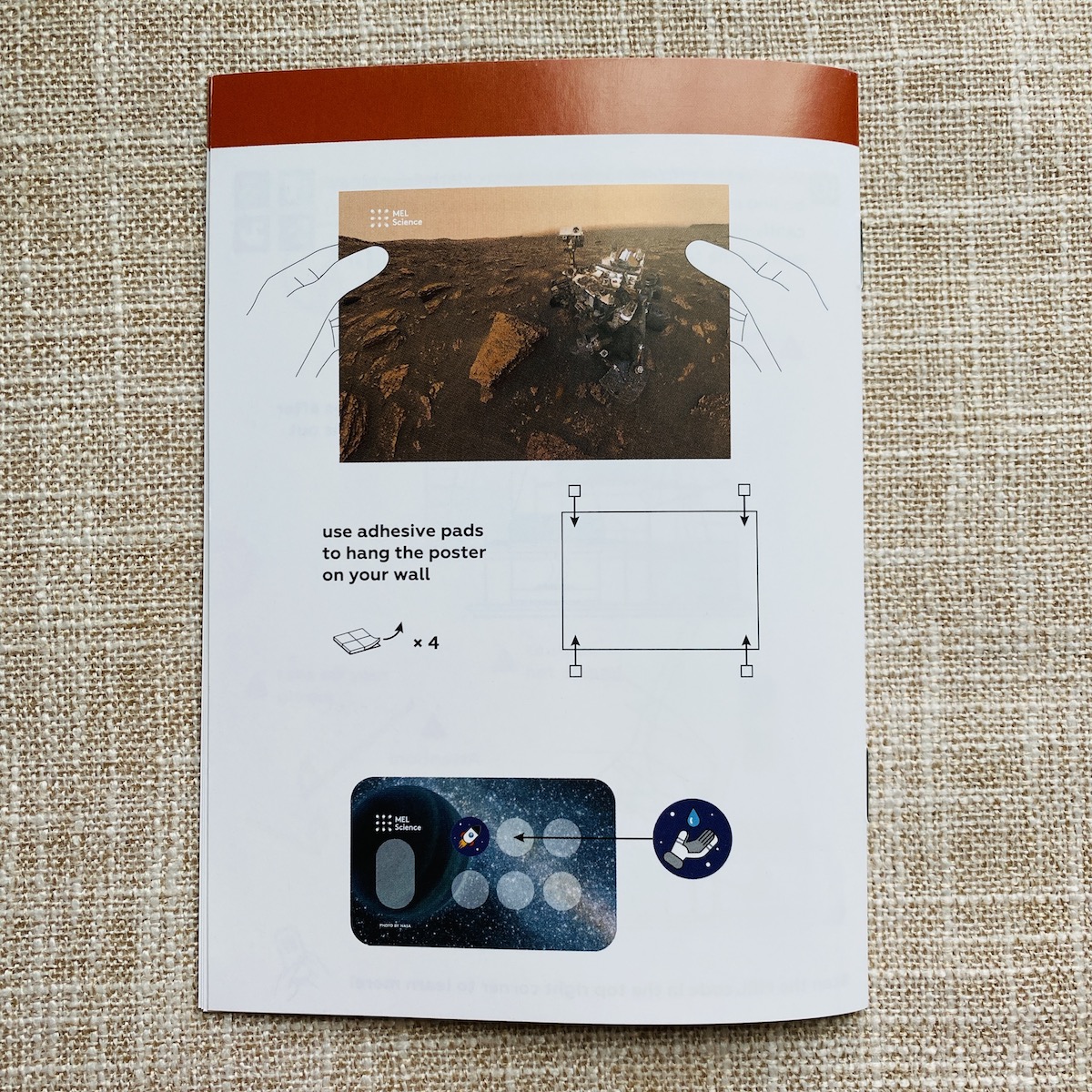
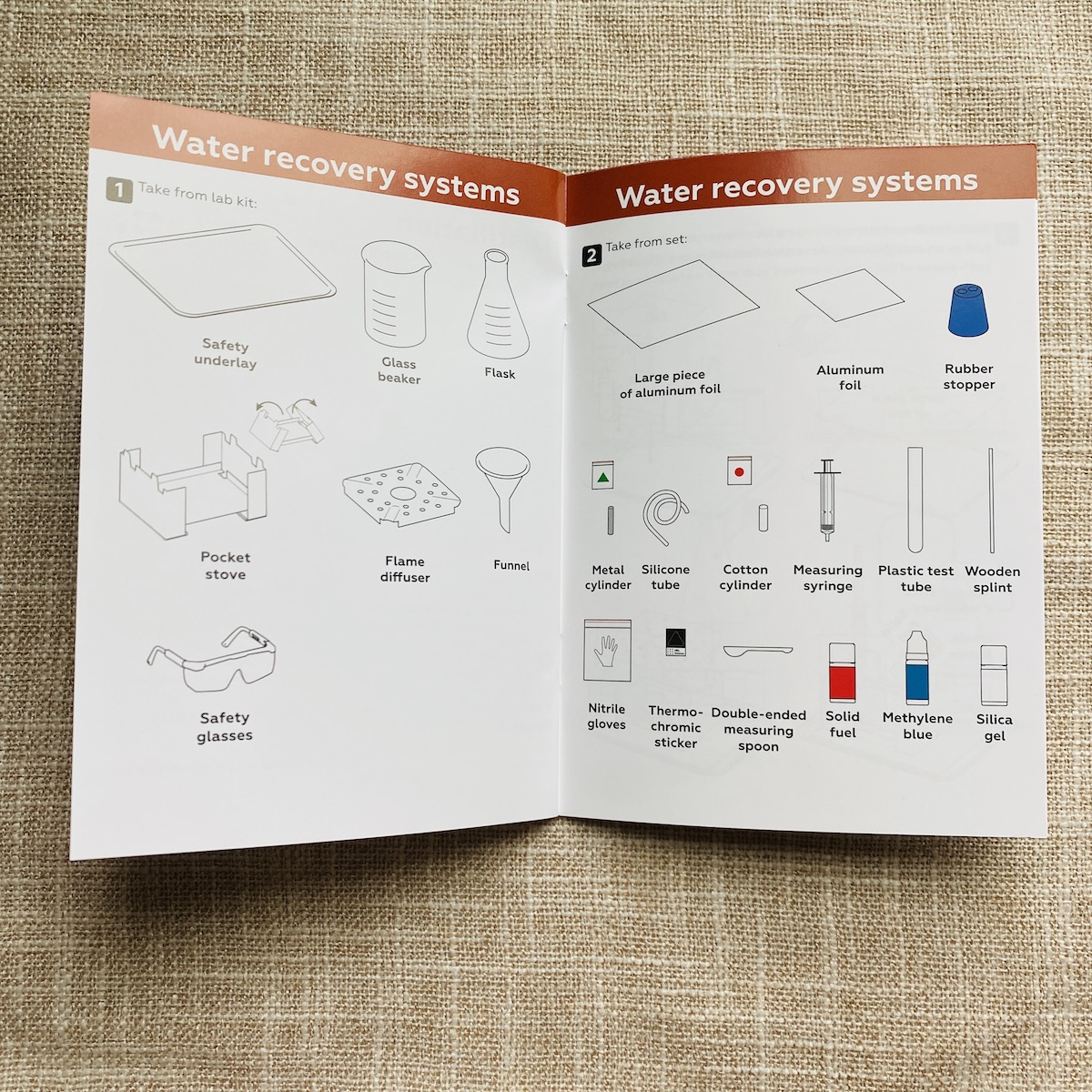
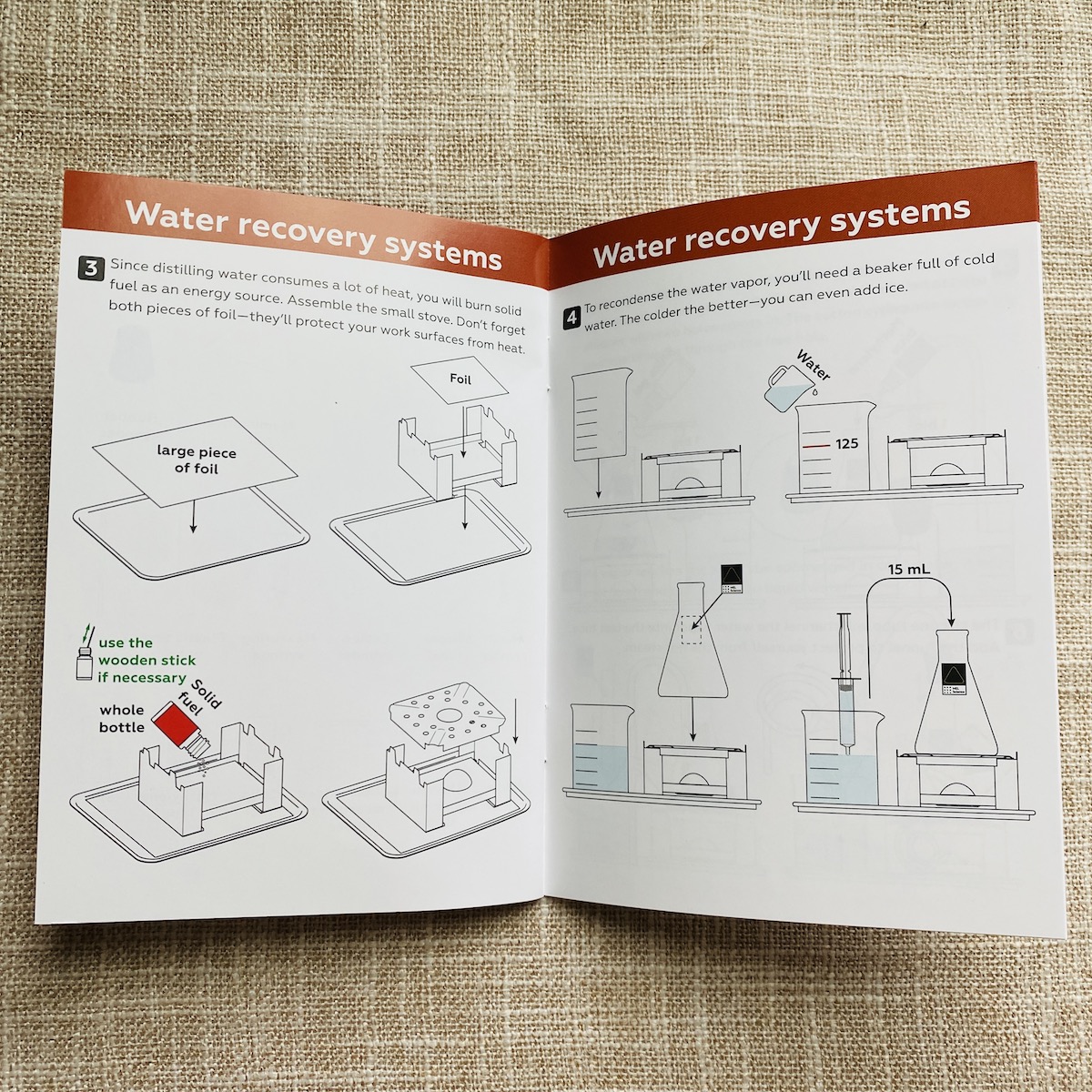
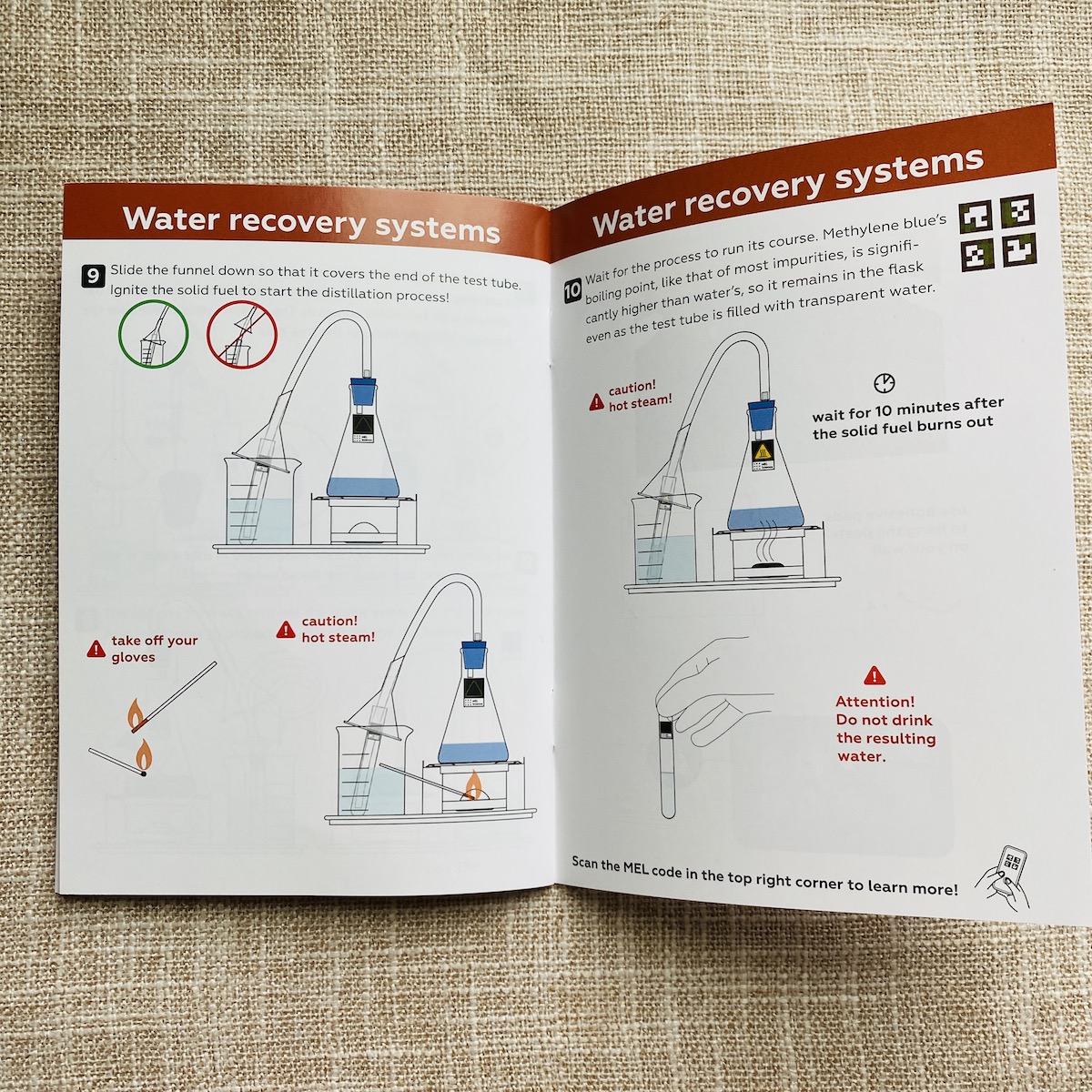
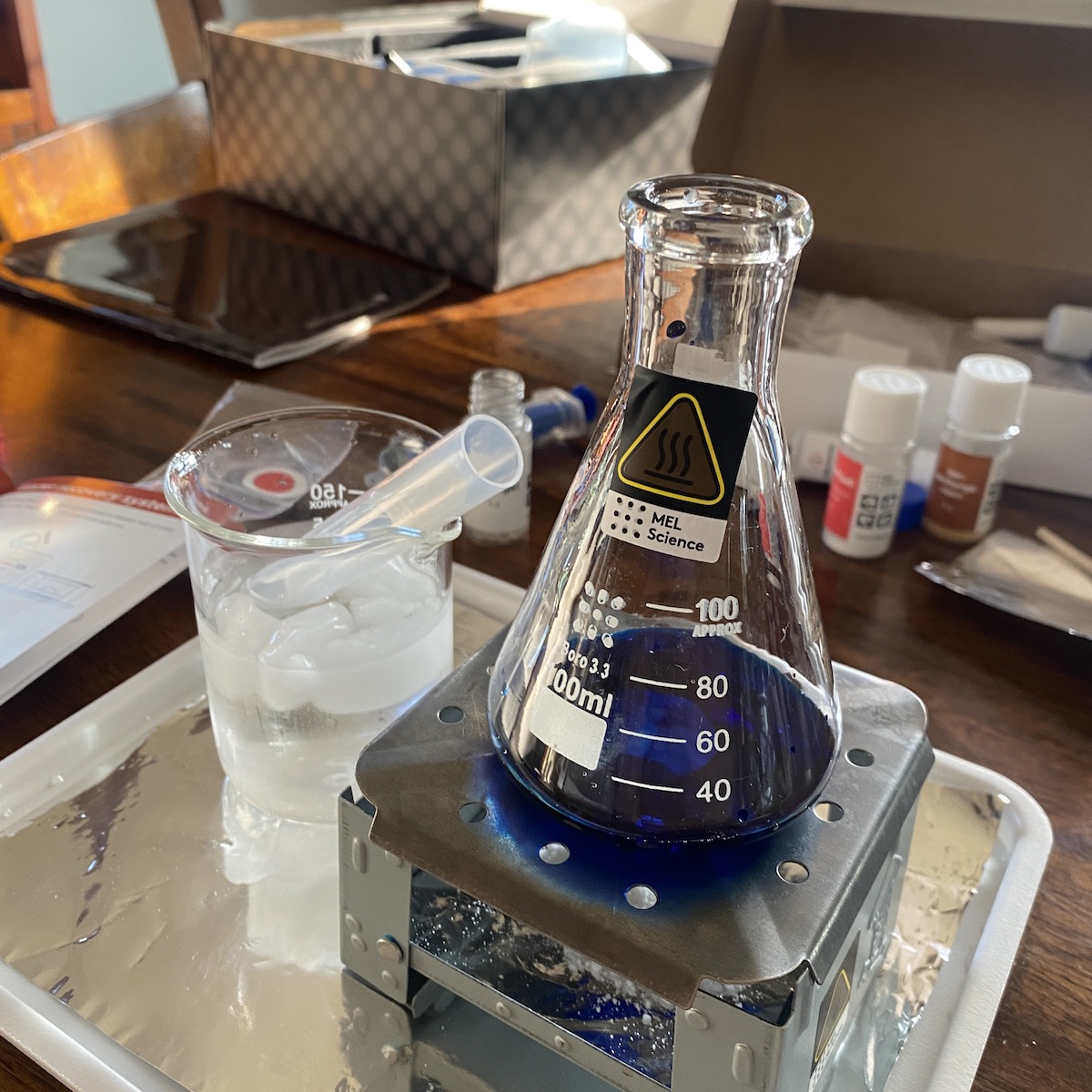
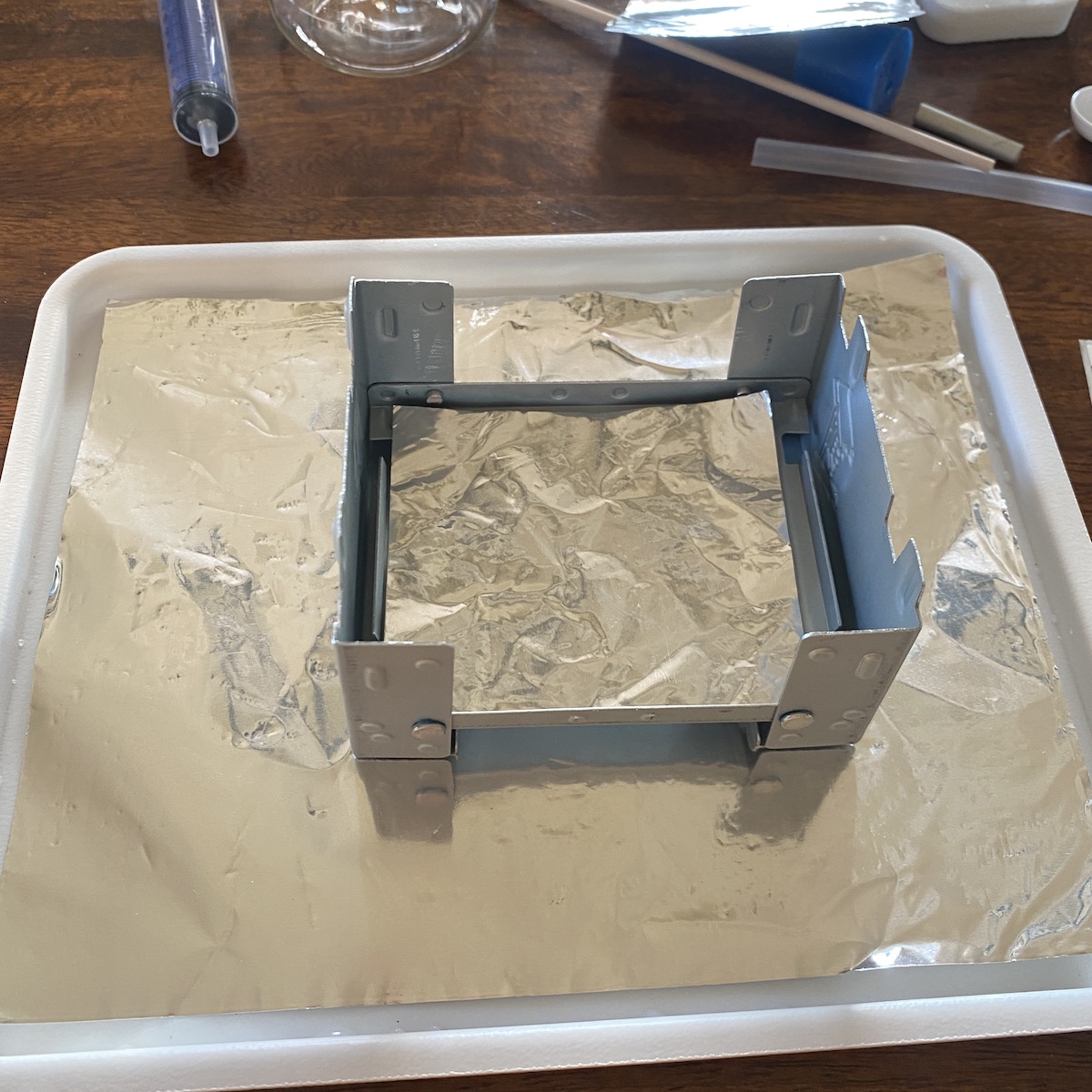
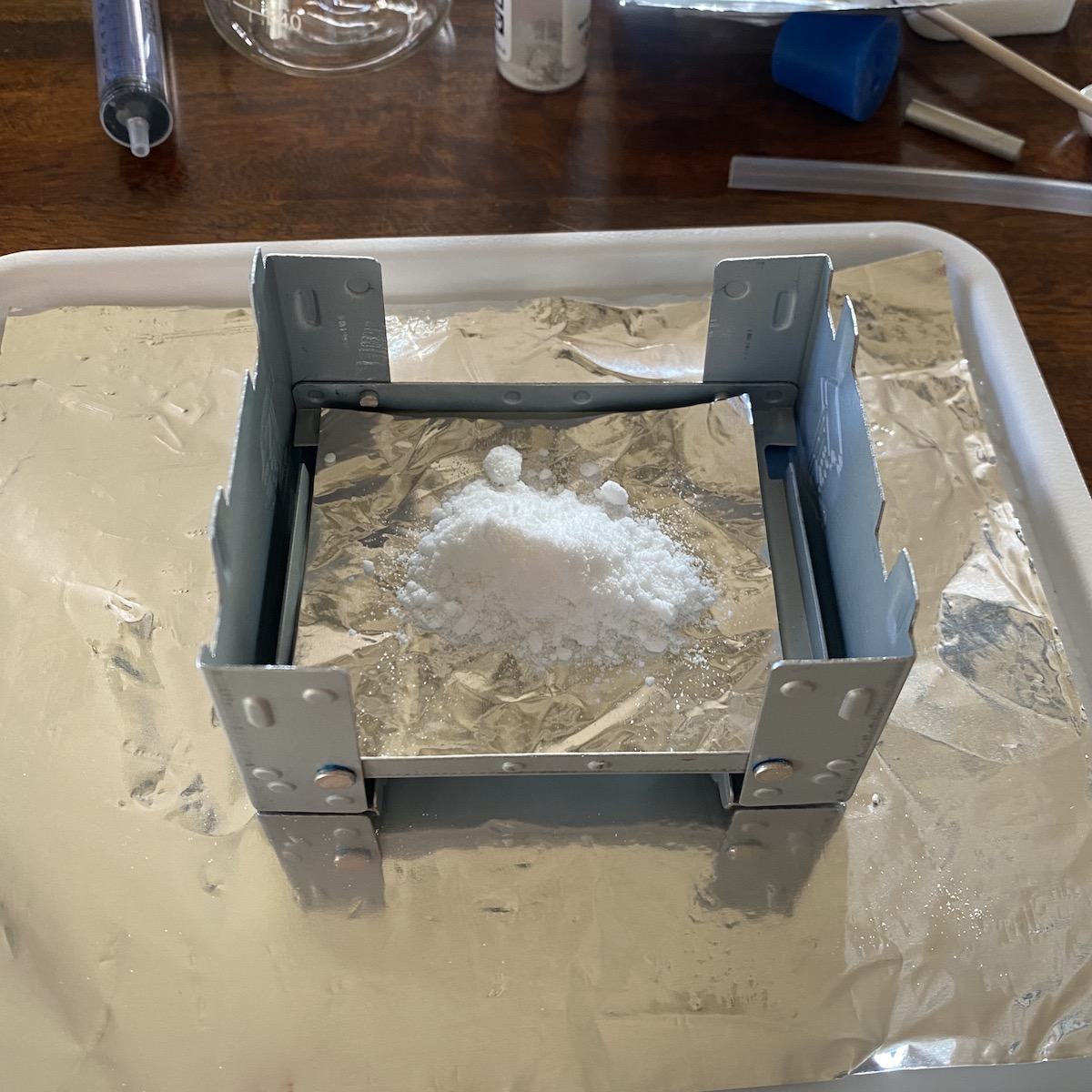

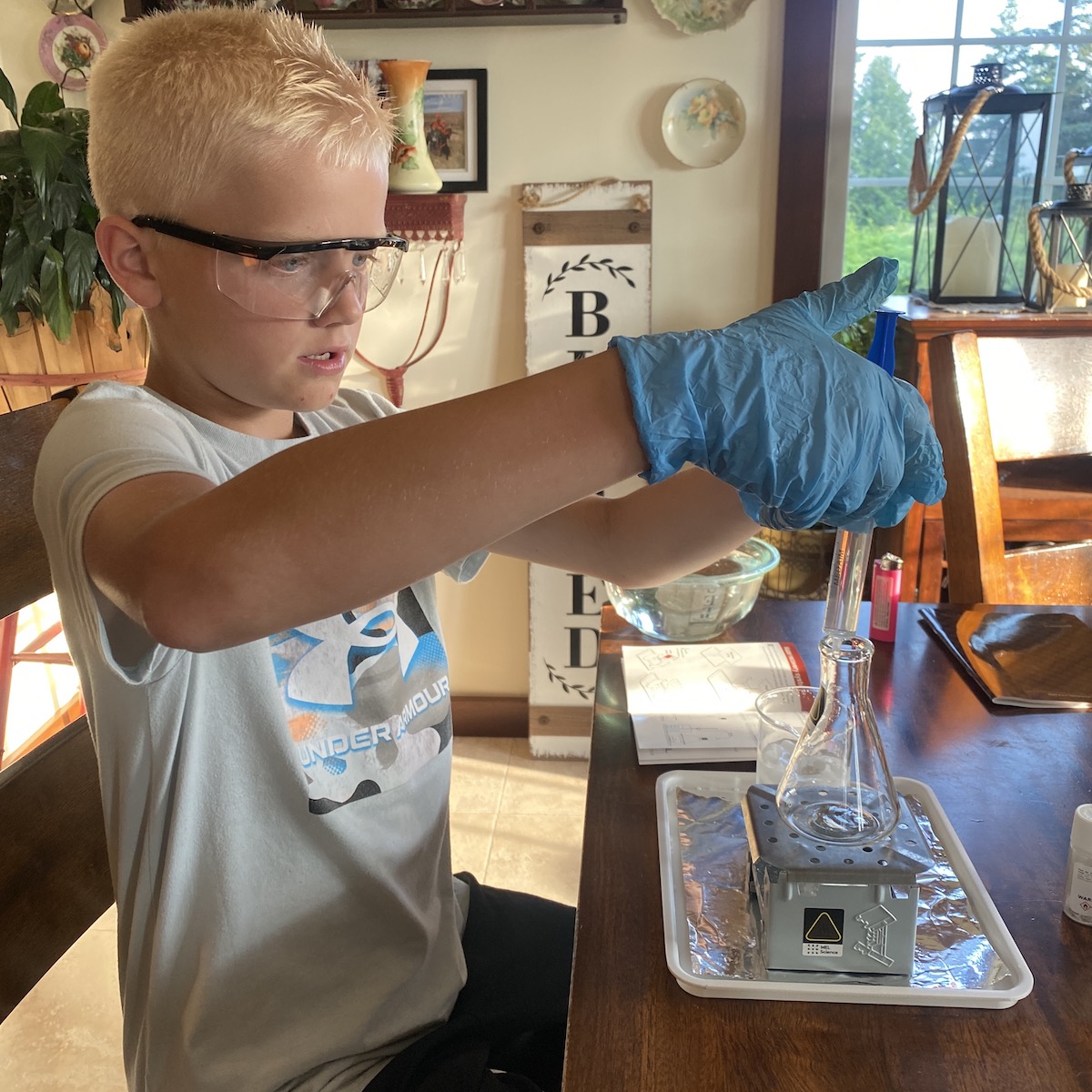
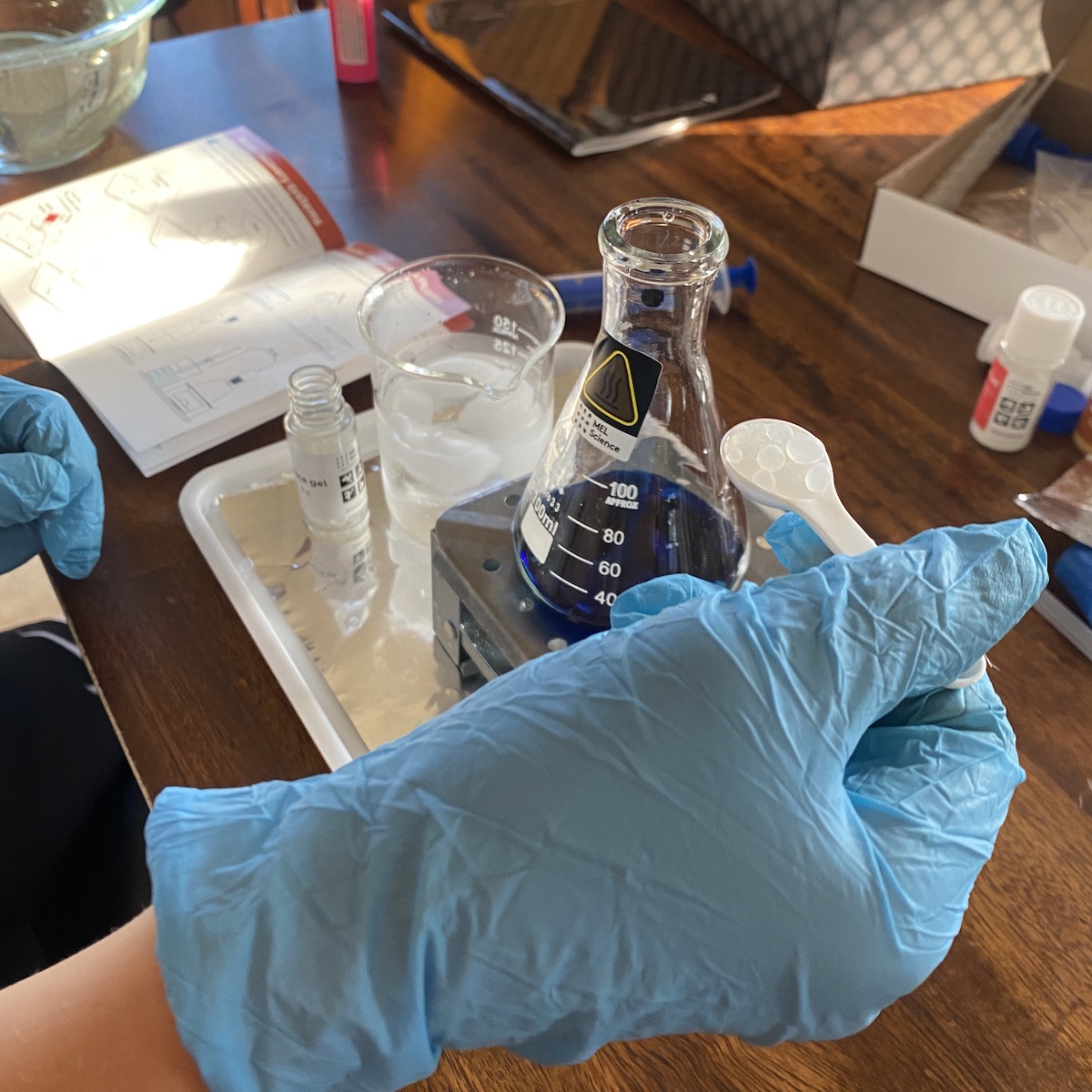
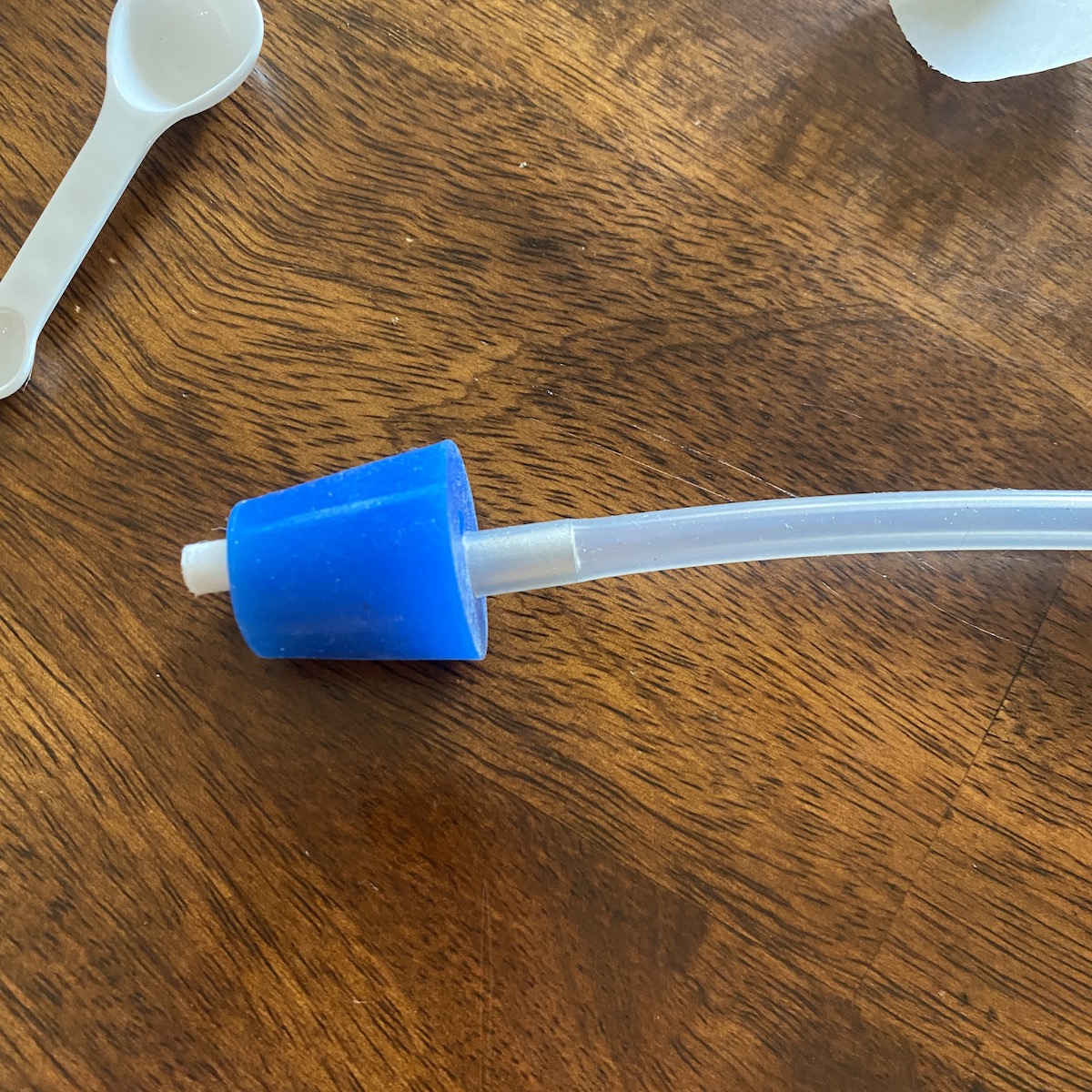
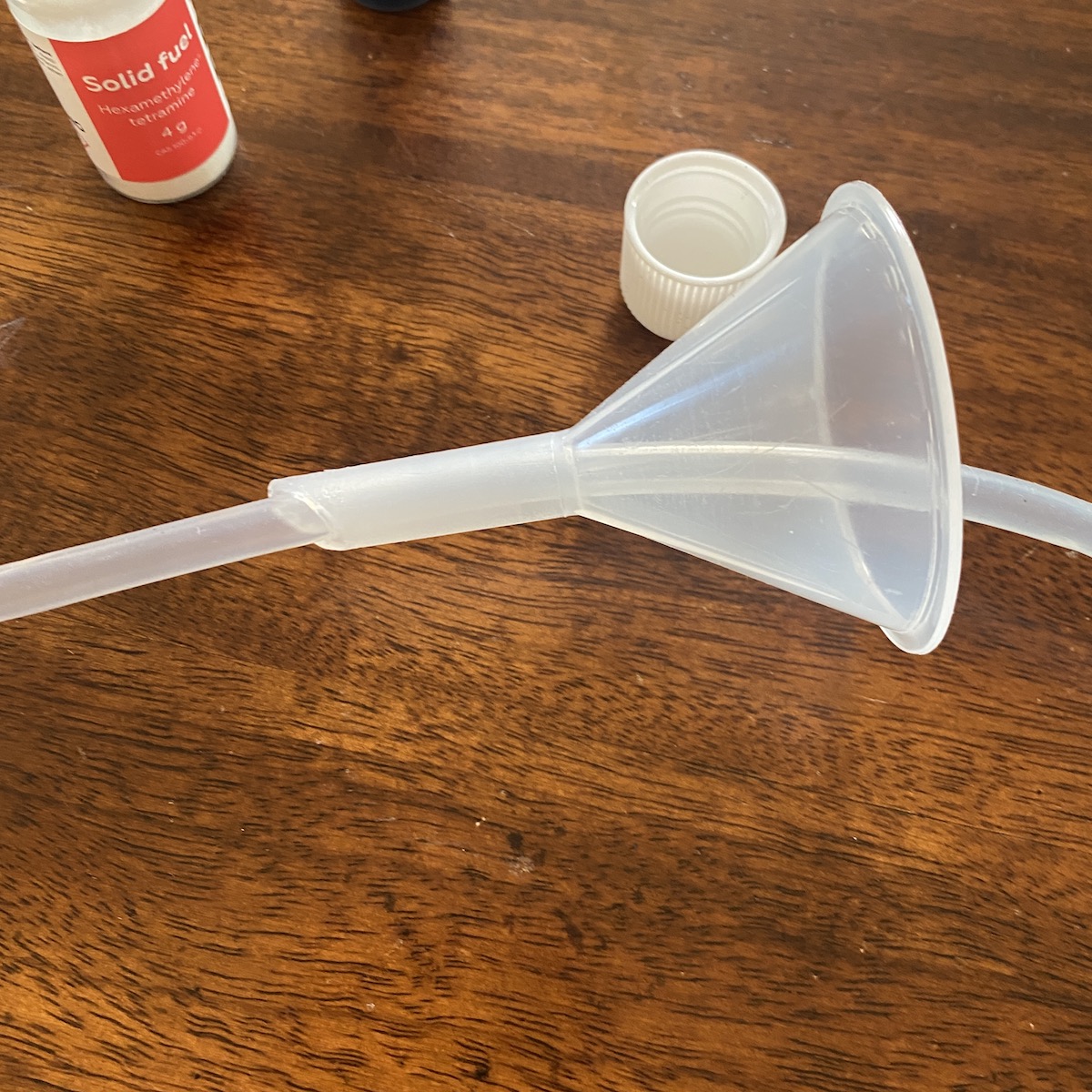
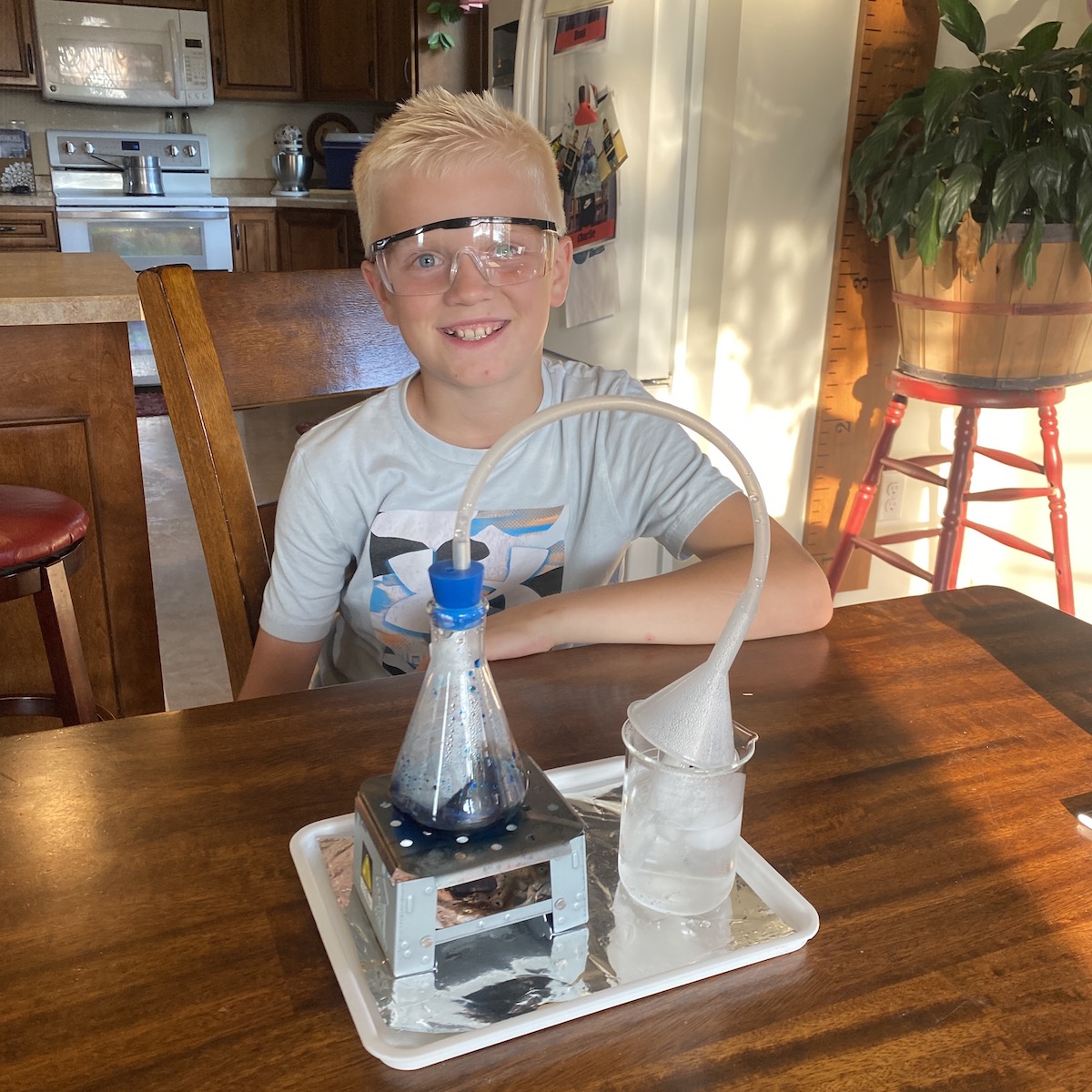
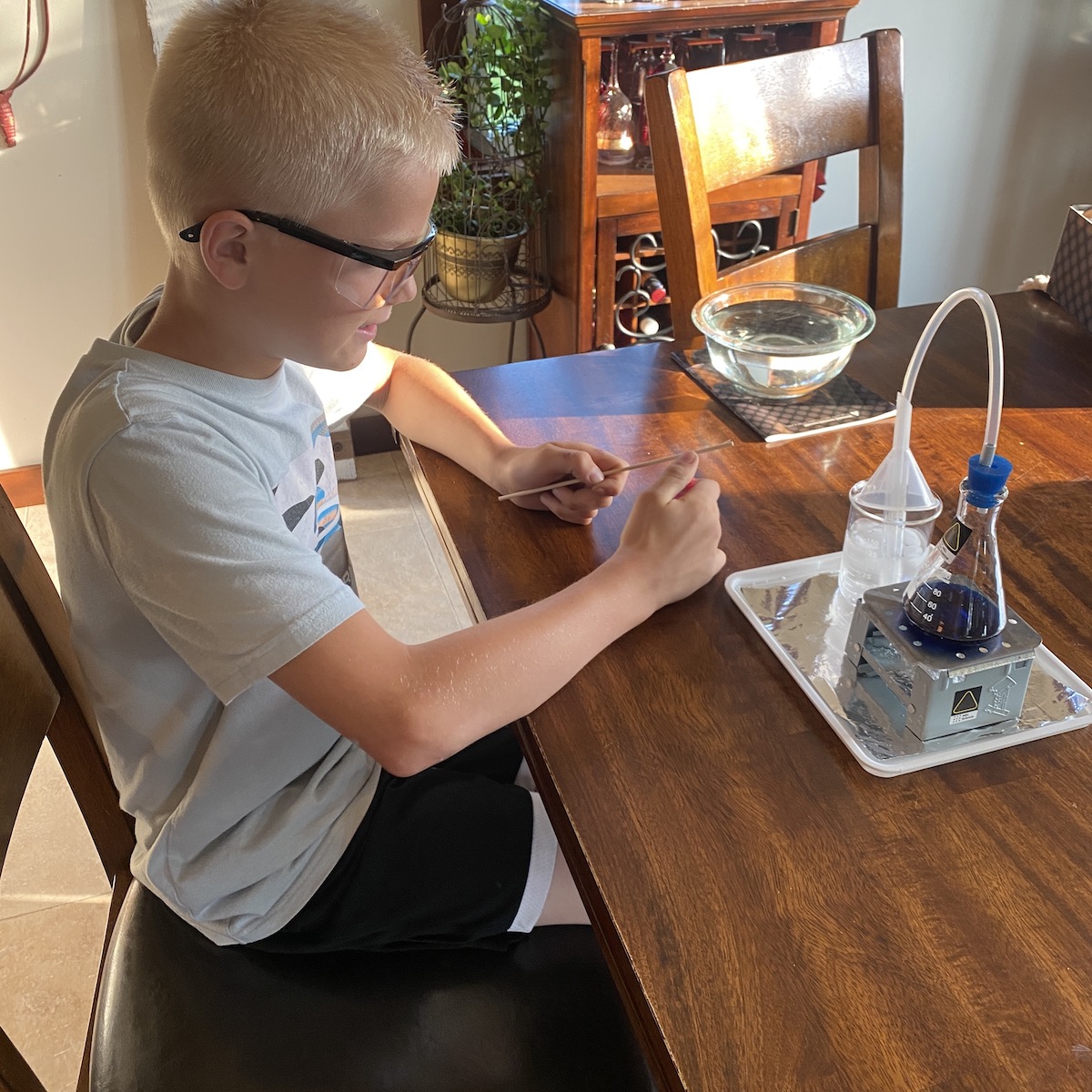
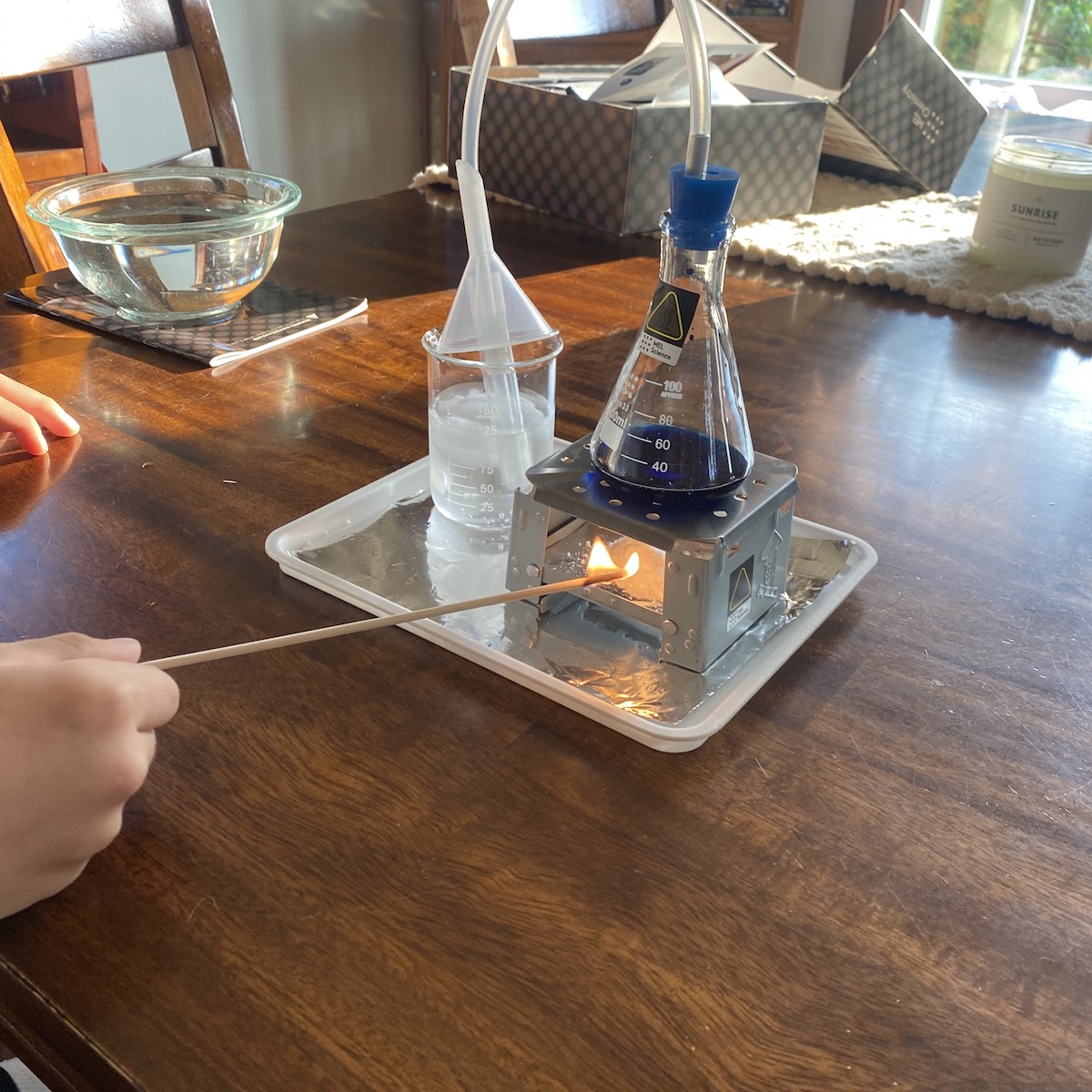
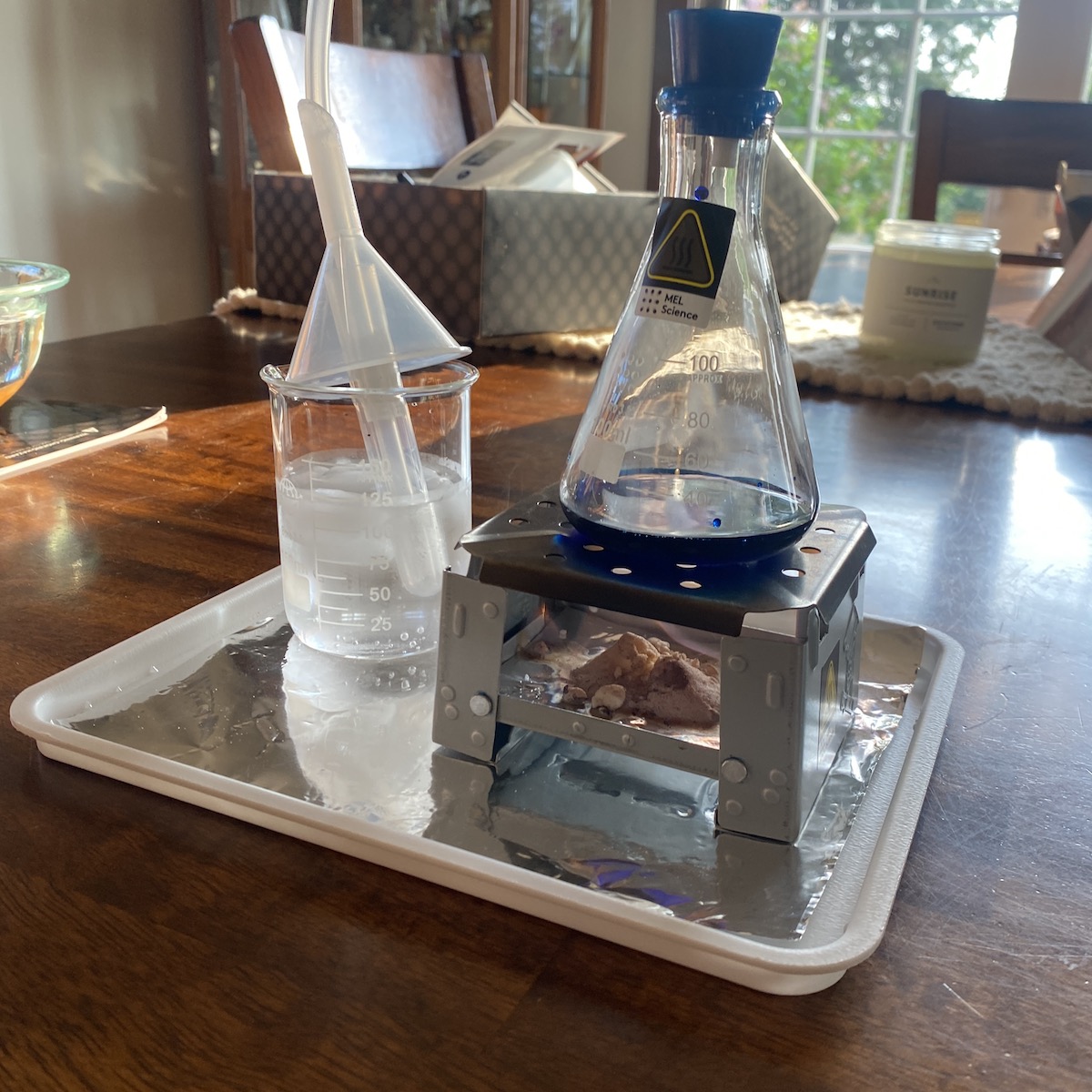
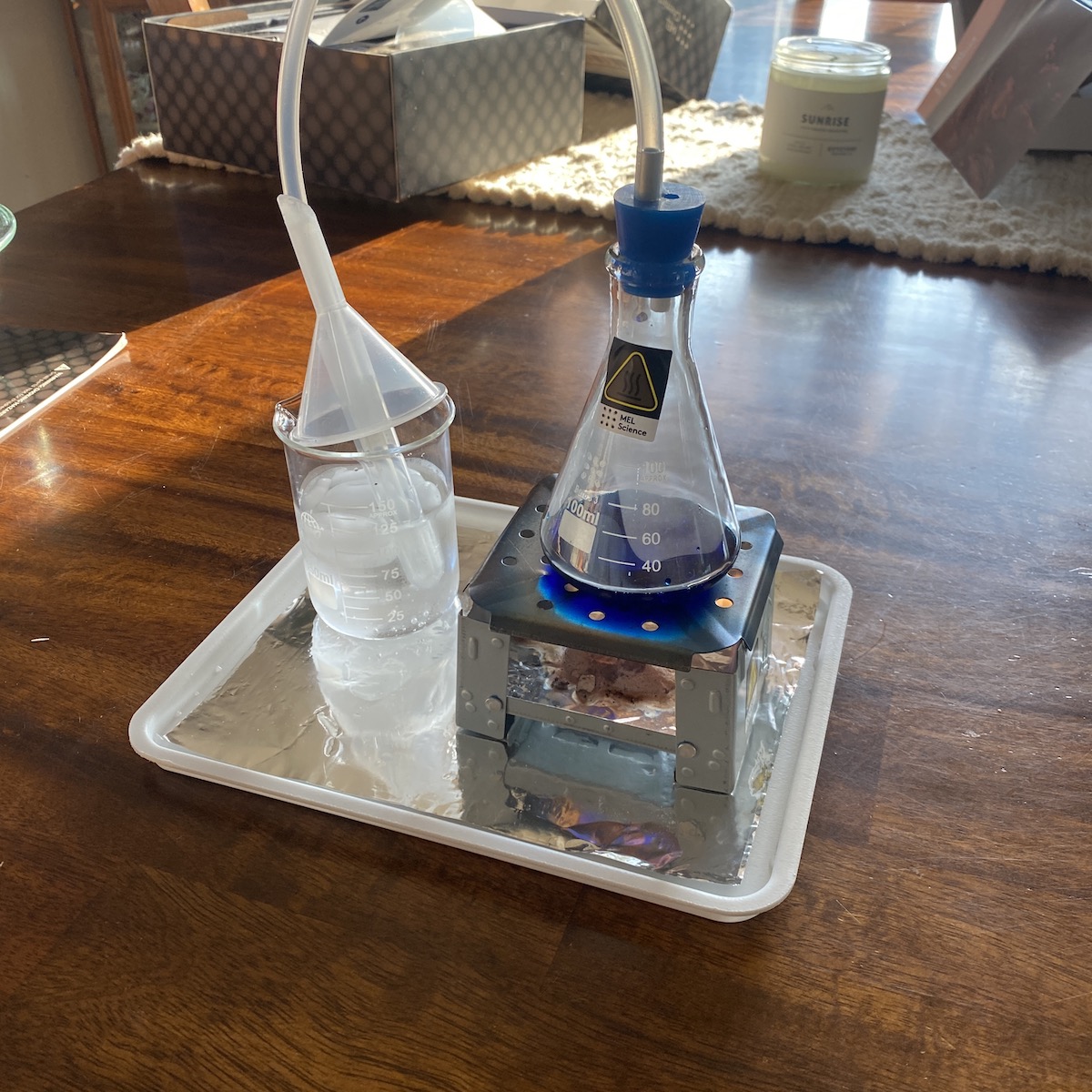
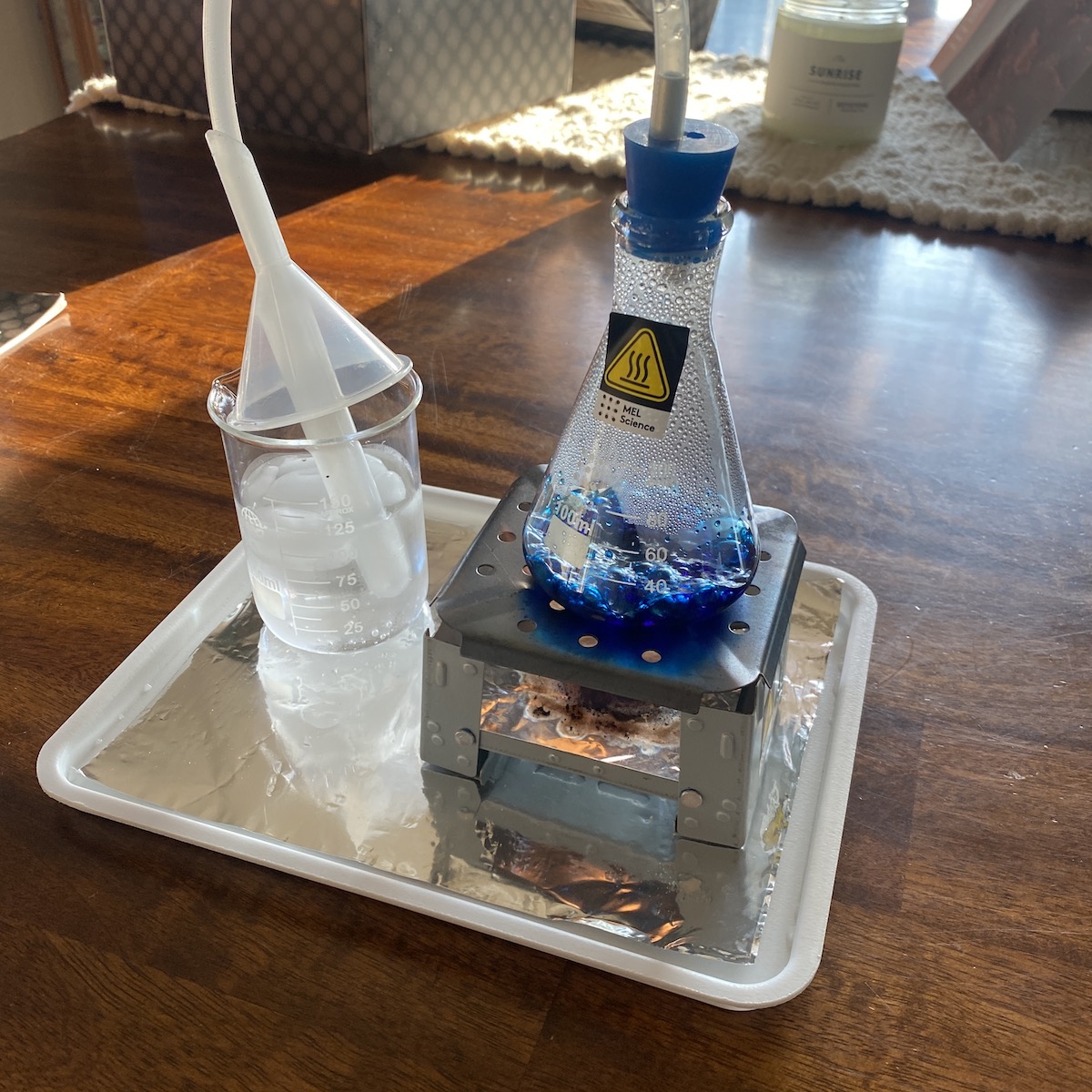


Please do not enter your email address in the Name field or in the comment content. Your email address will not be published. Required fields are marked *. Remember to post with kindness and respect. Comments with offensive language, cruelness to others, etc will not be approved. See our full comment policy here.